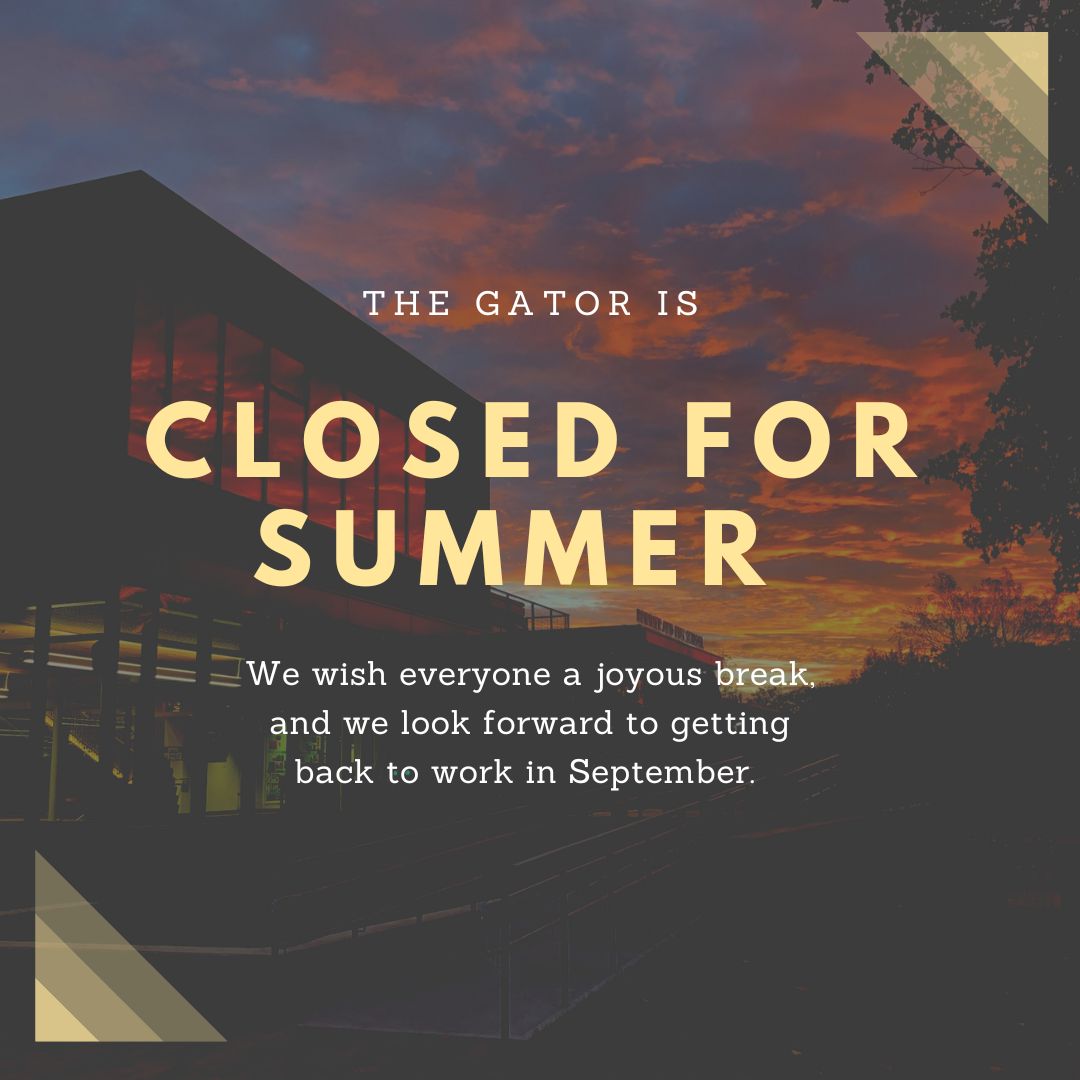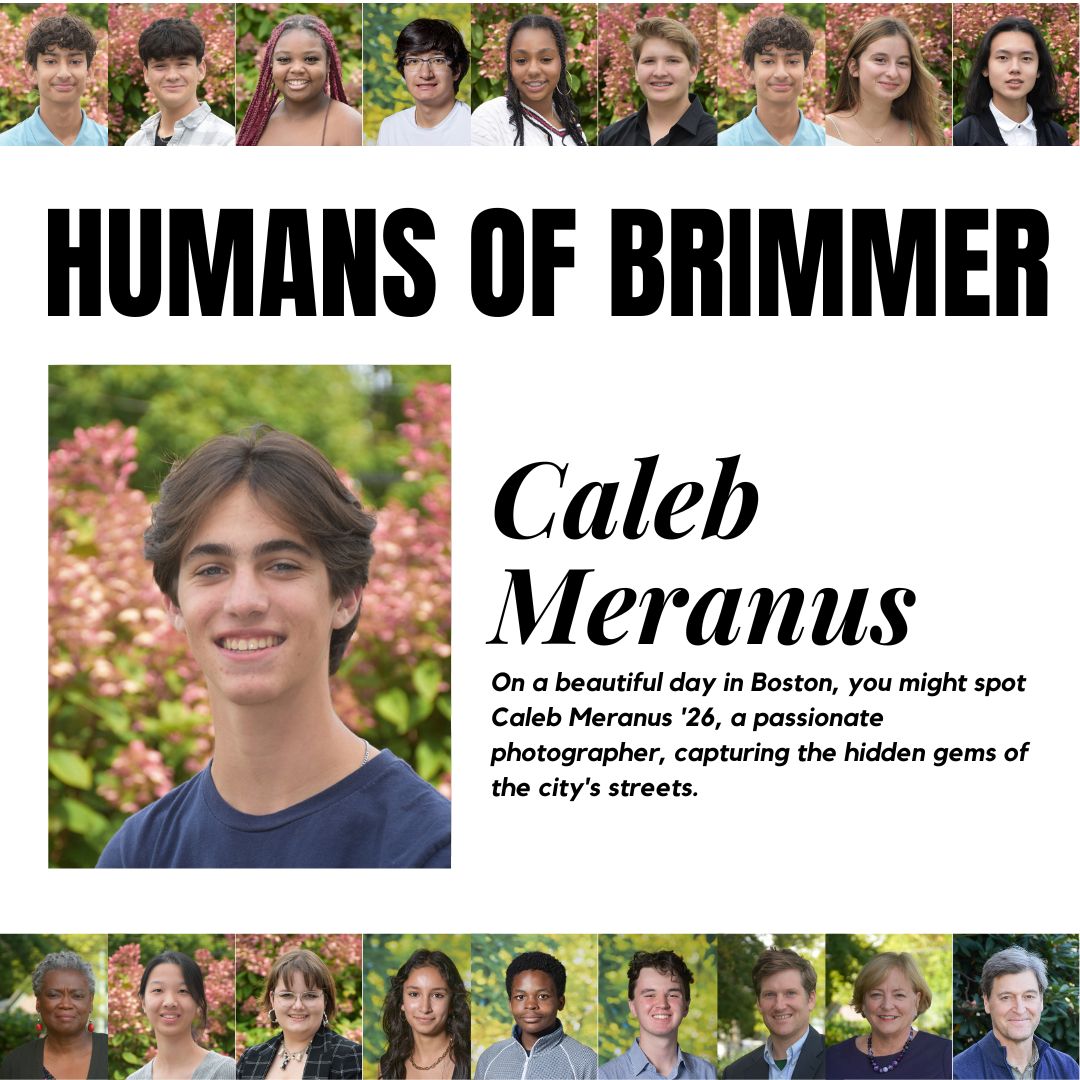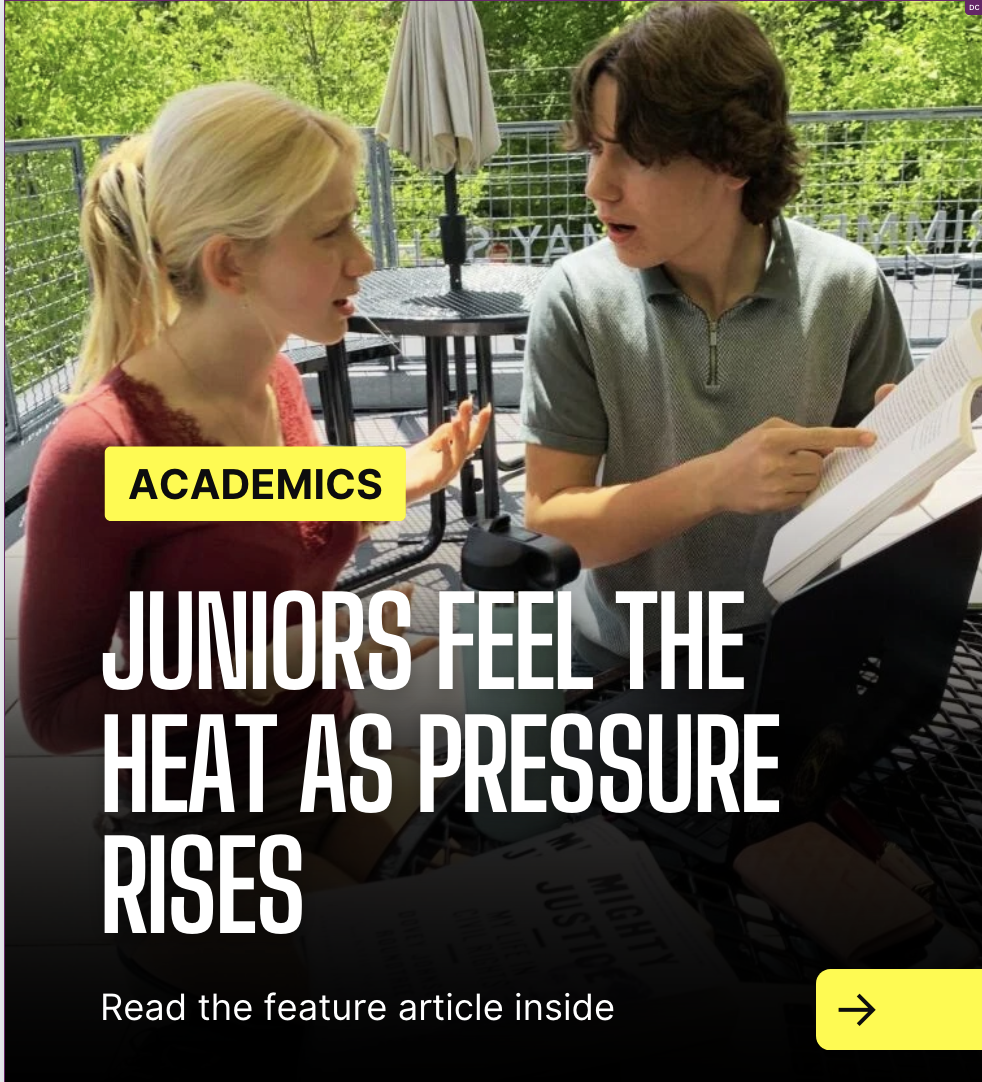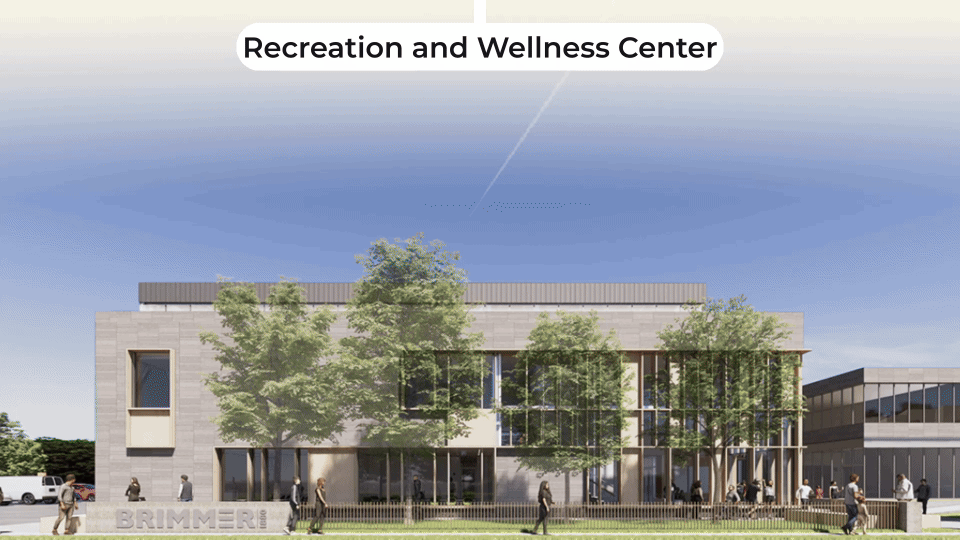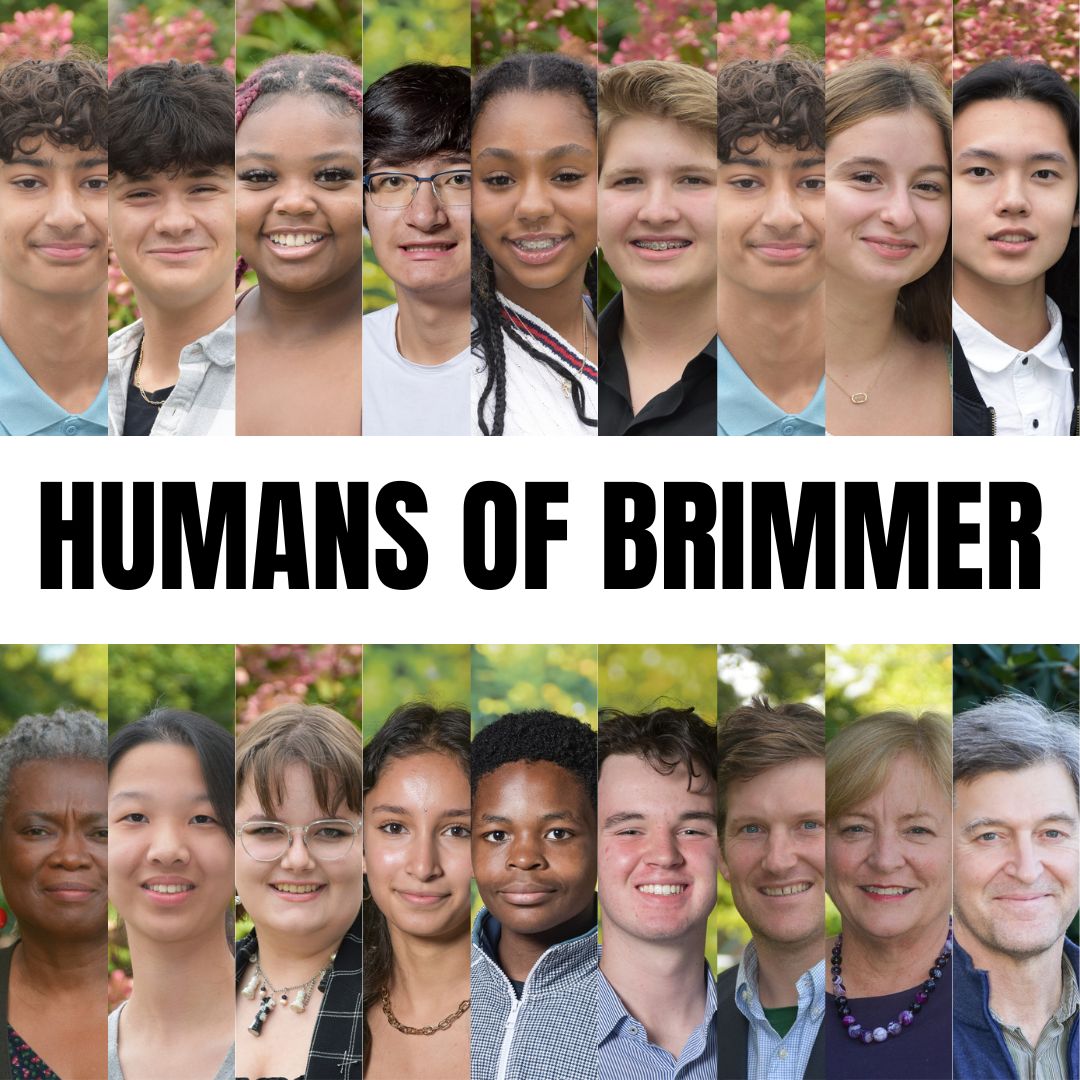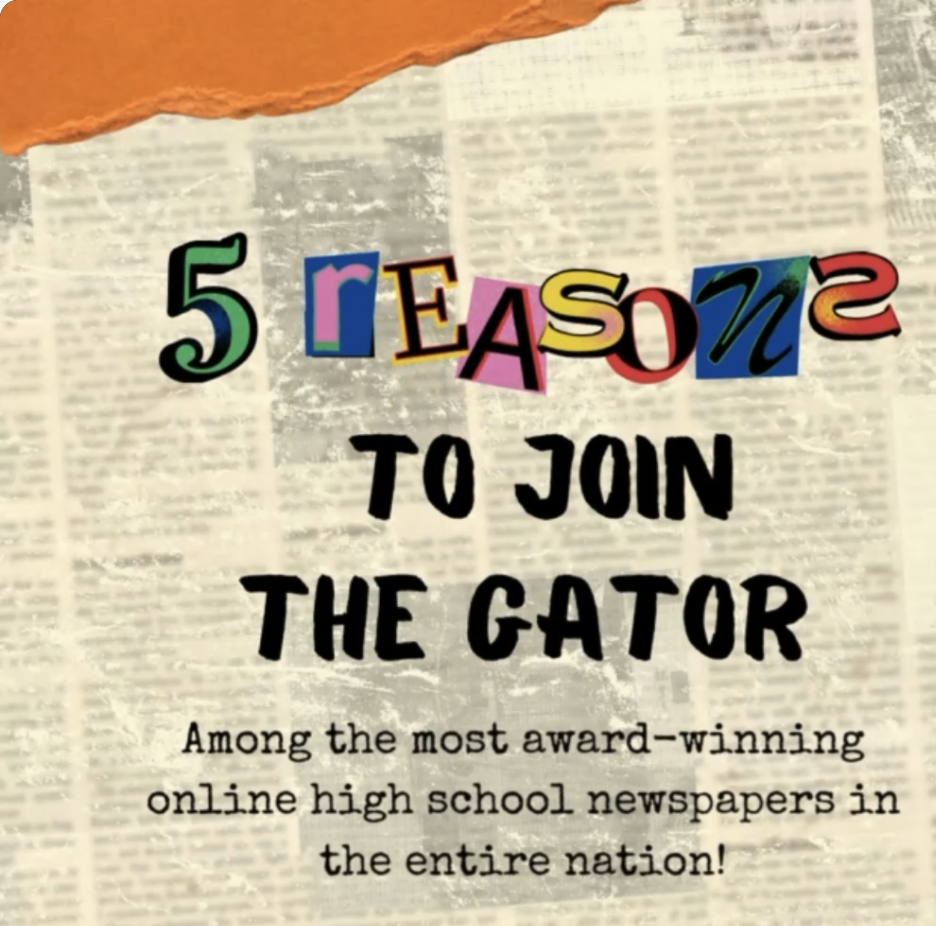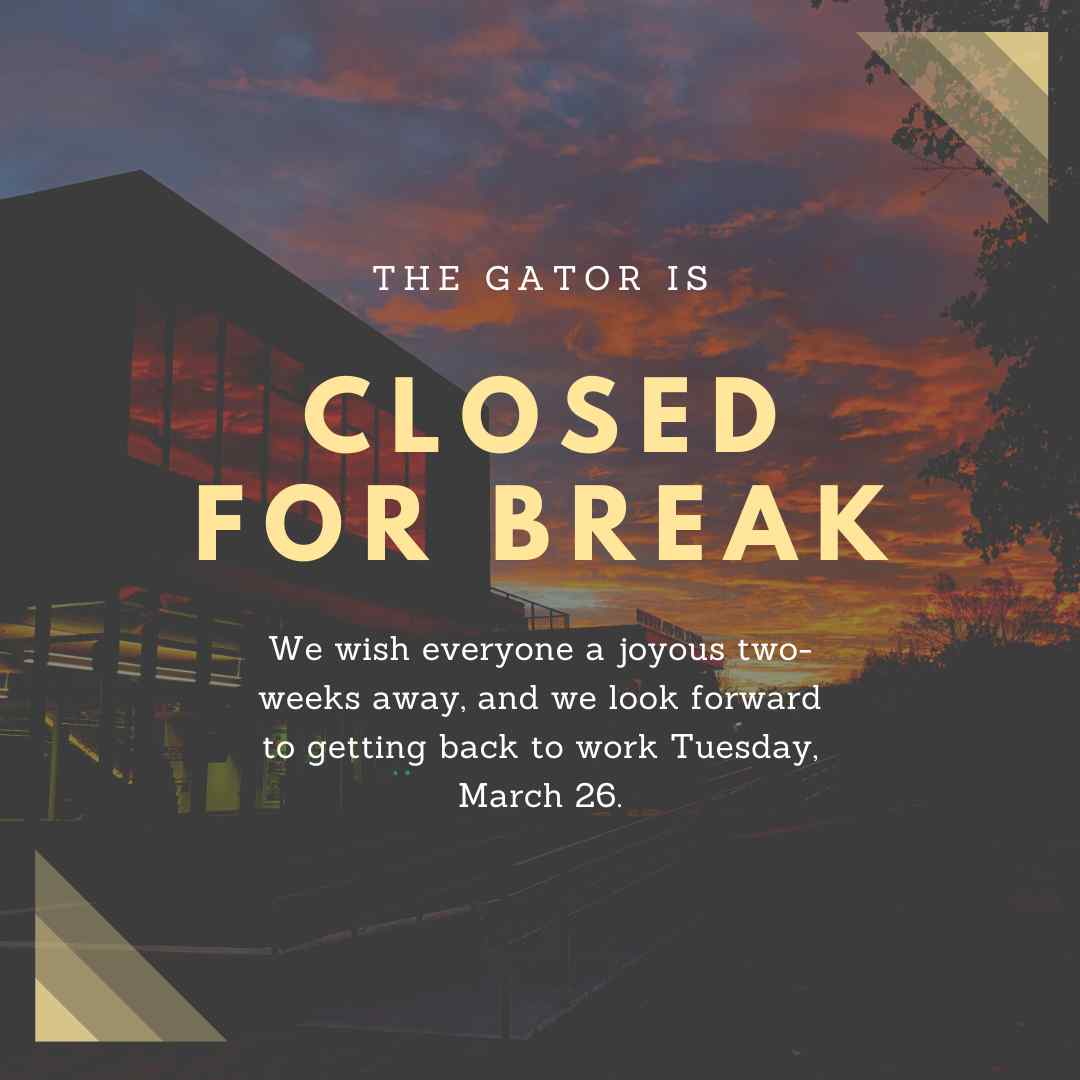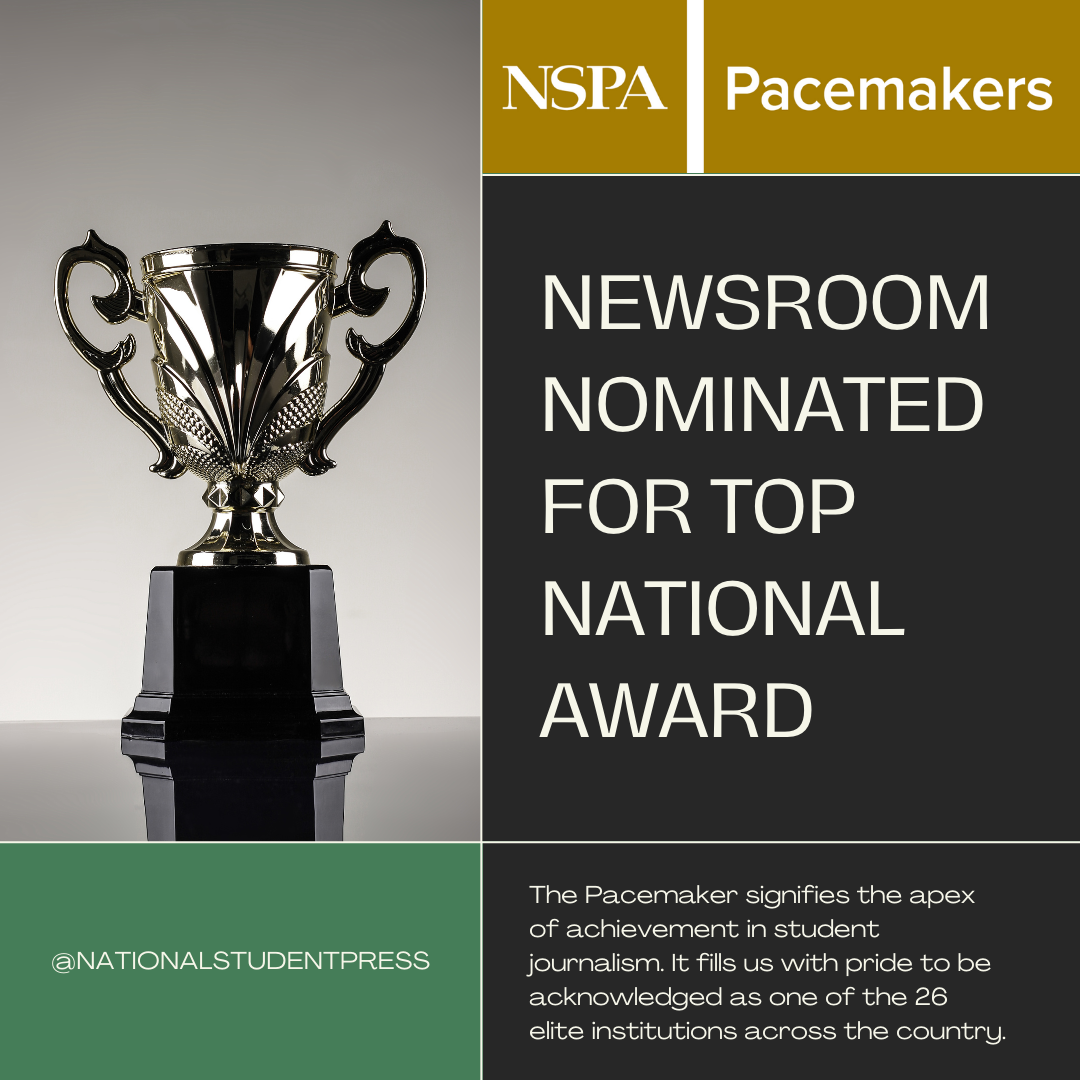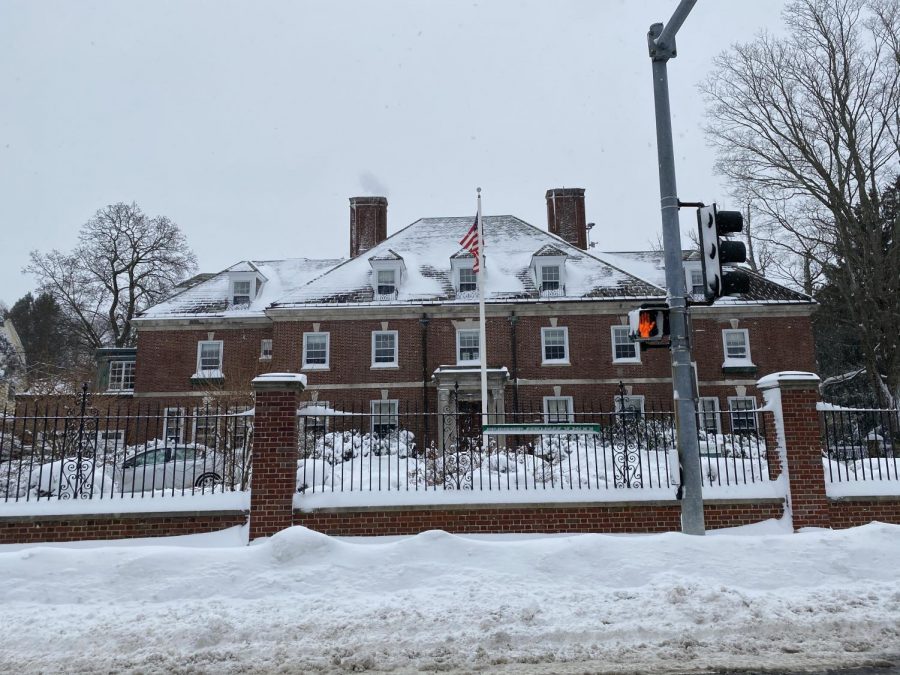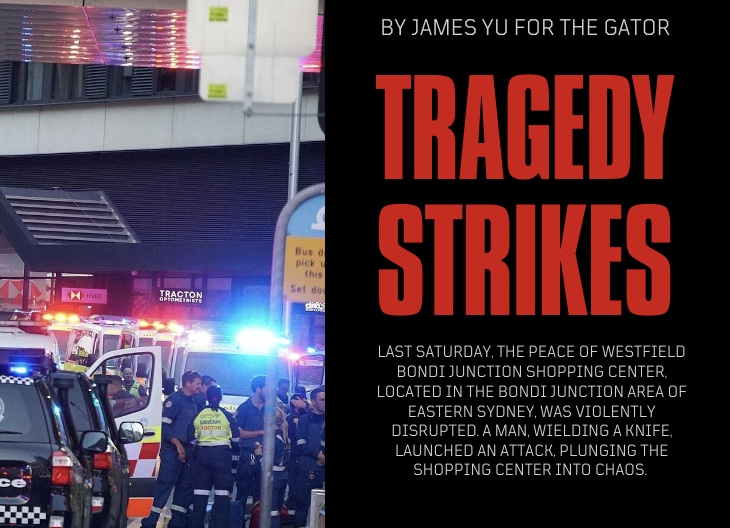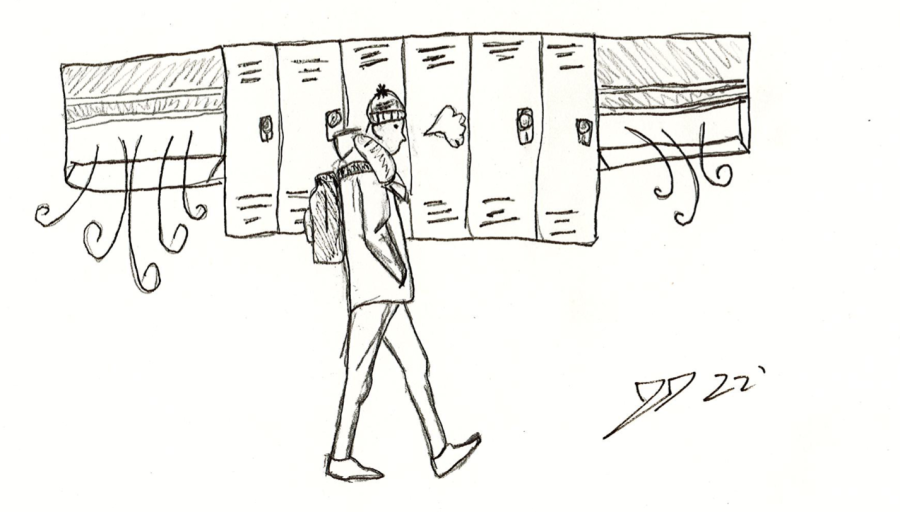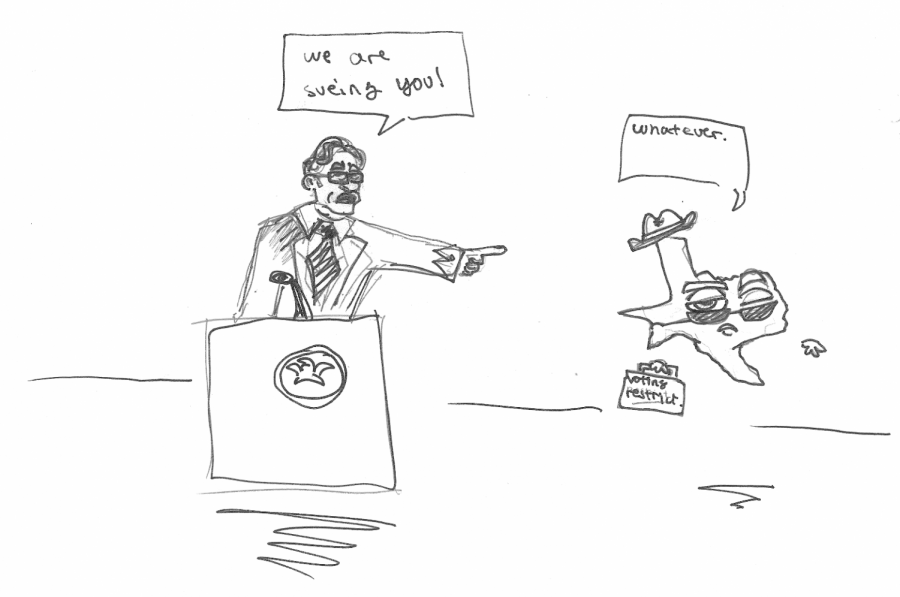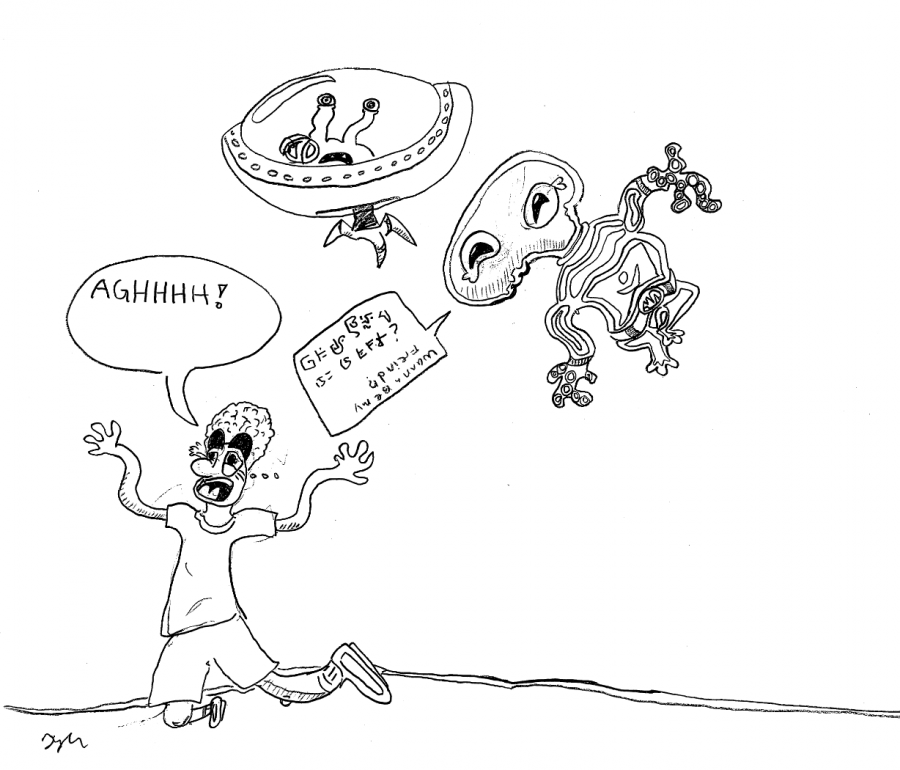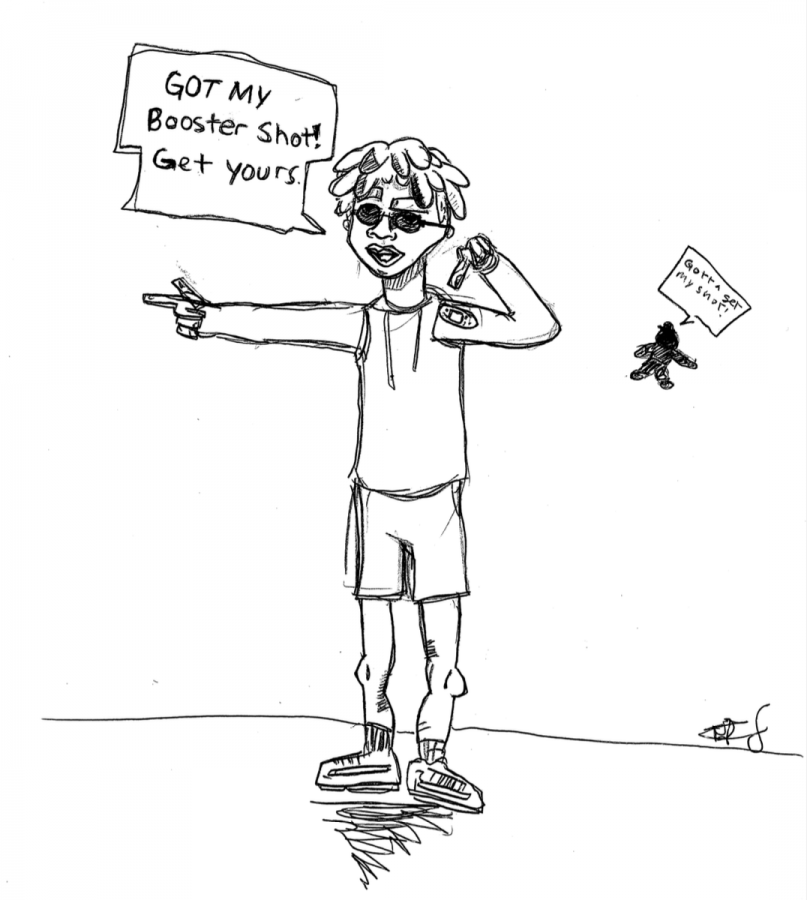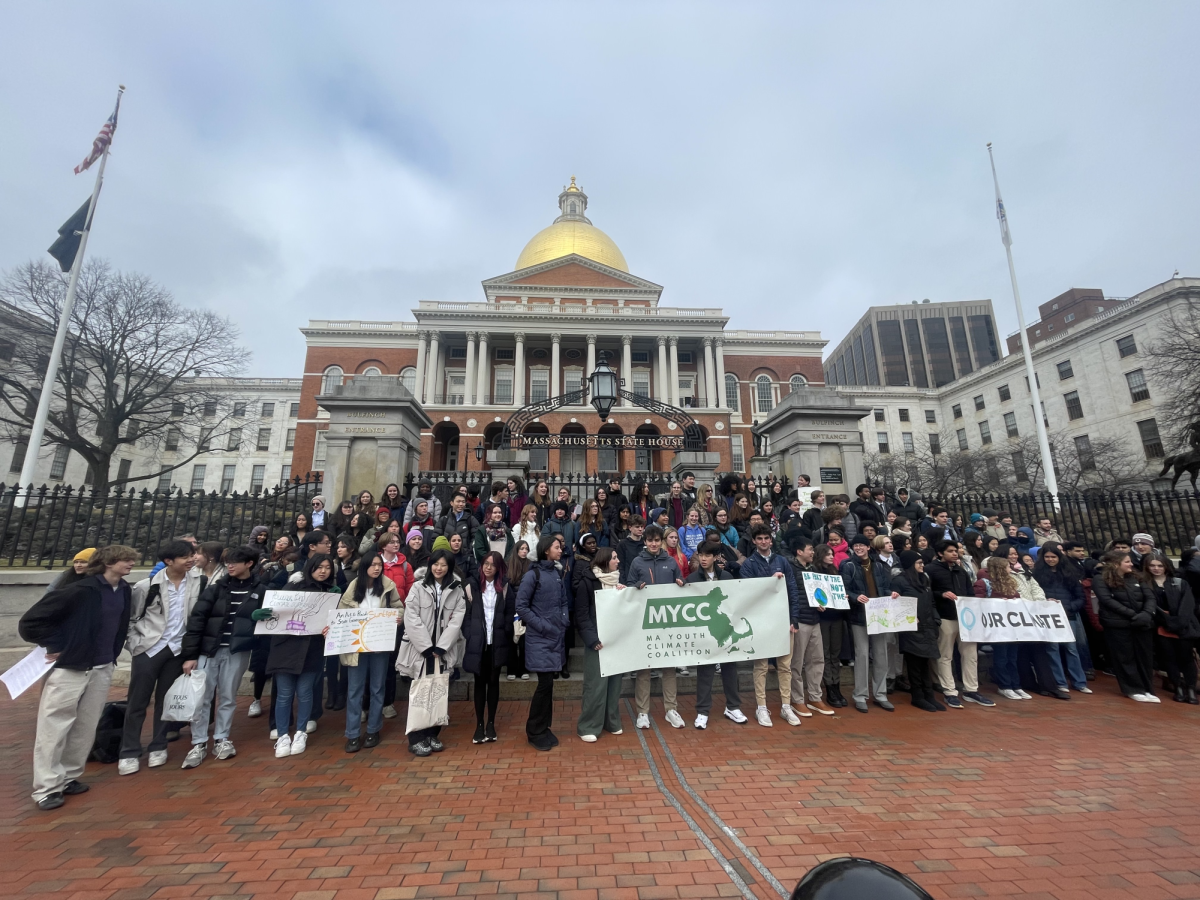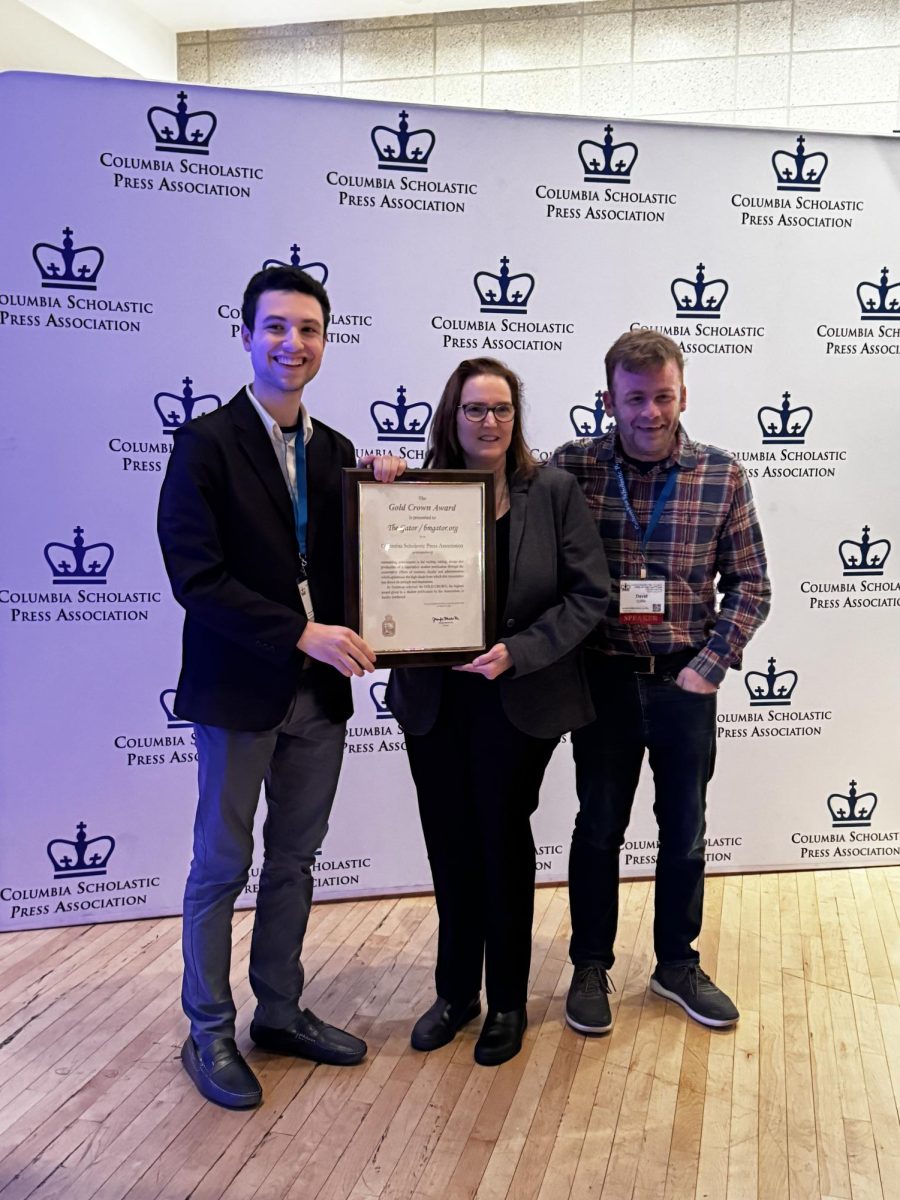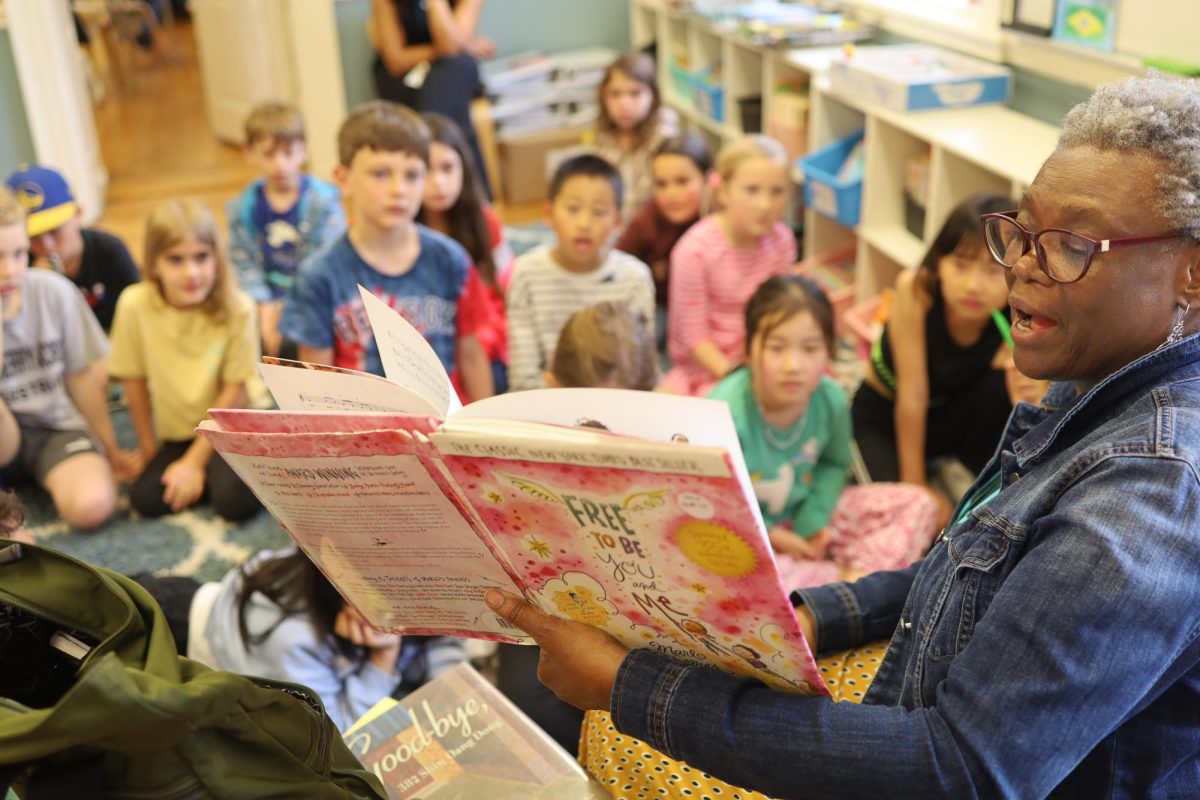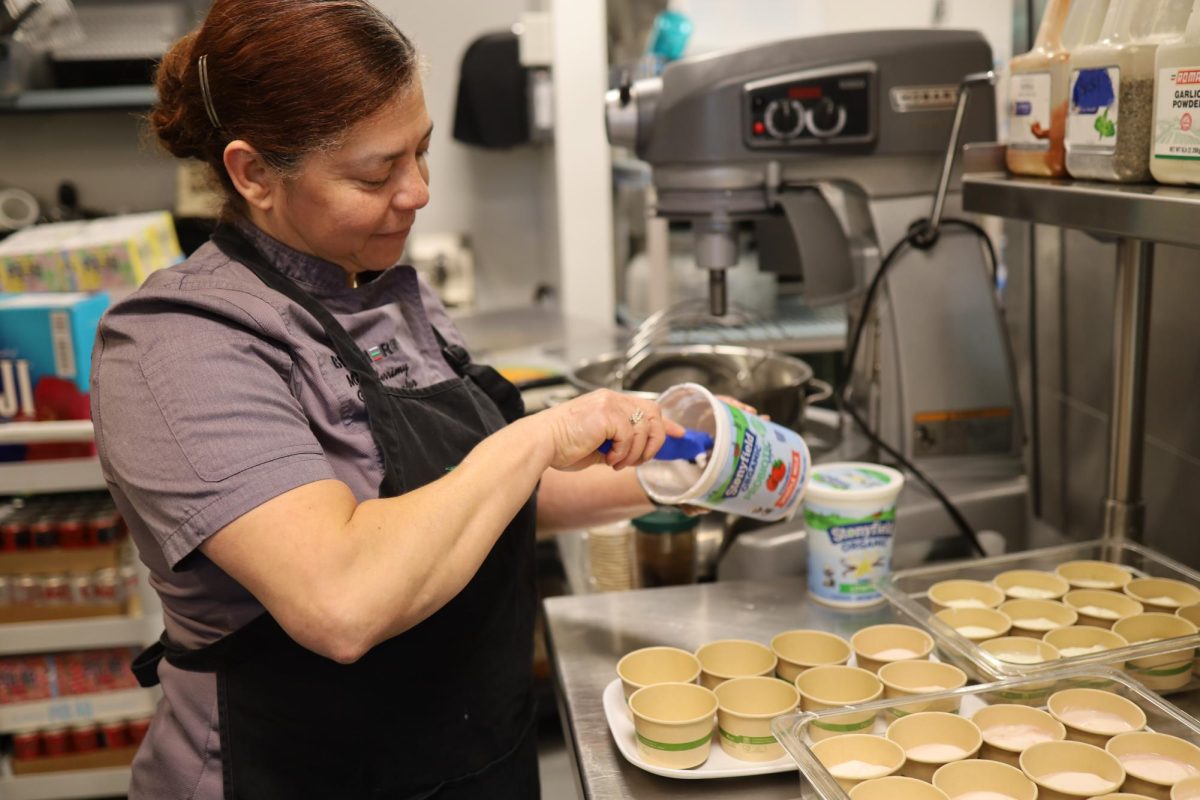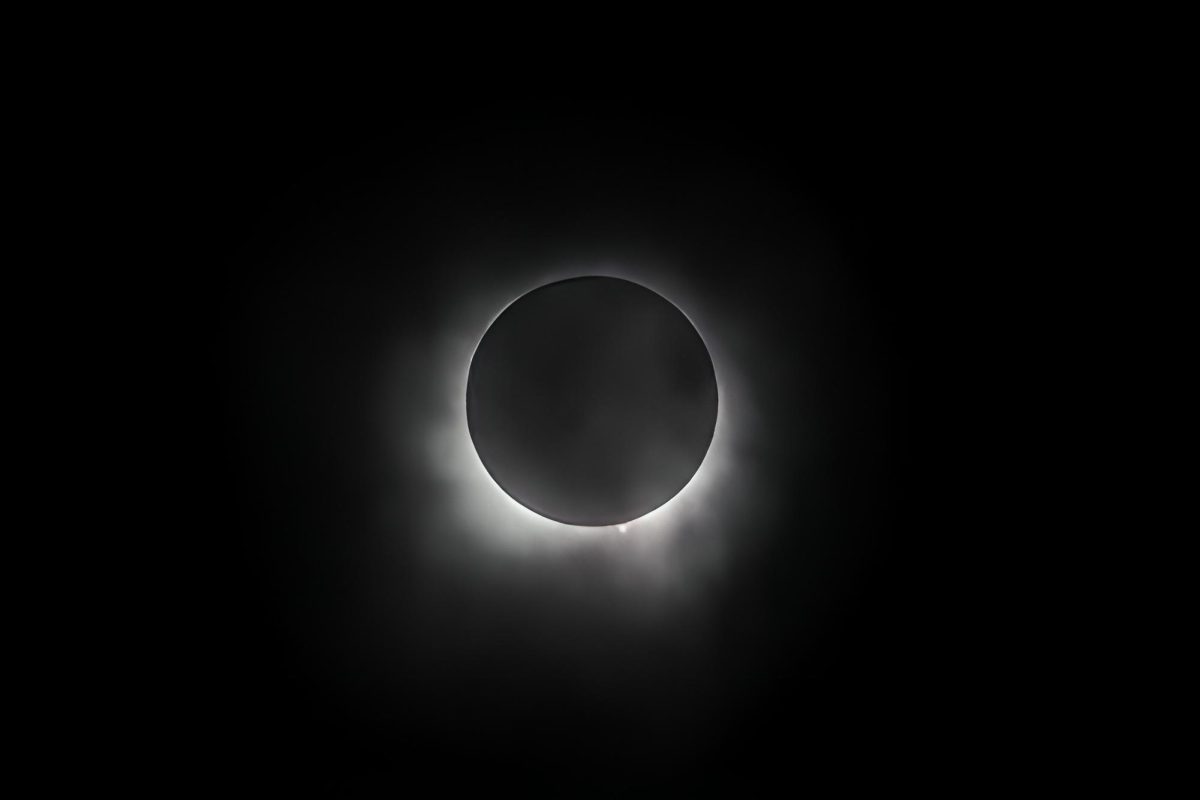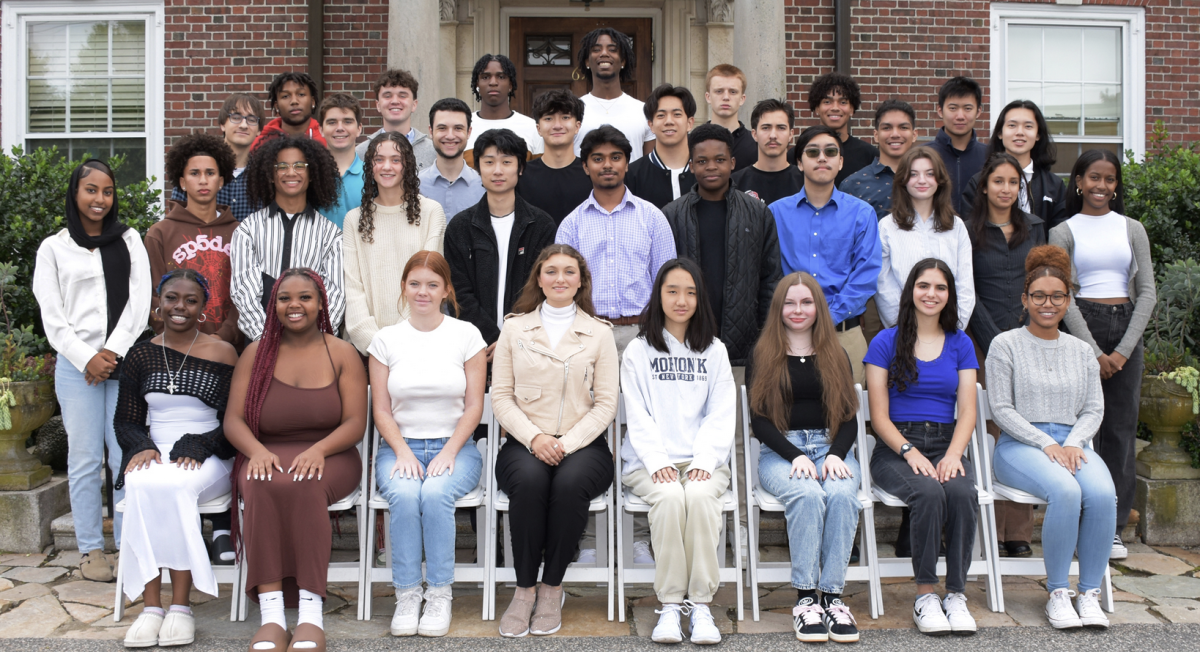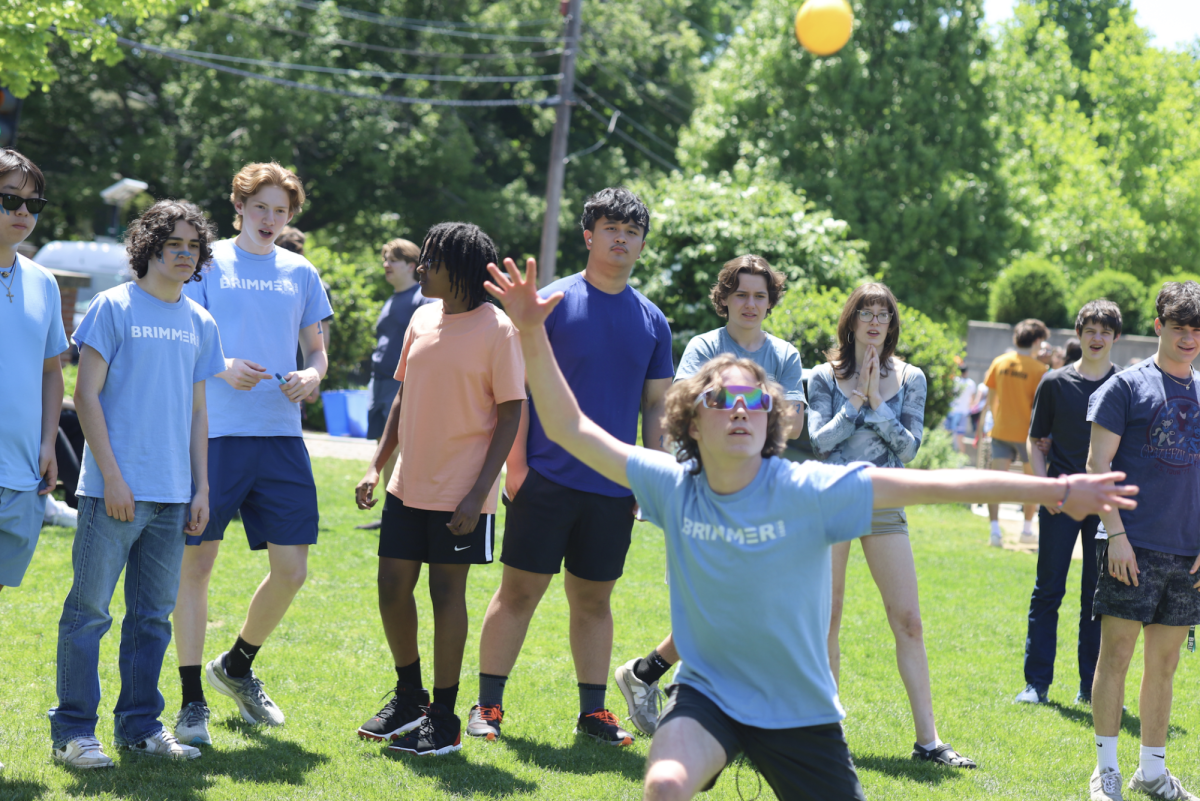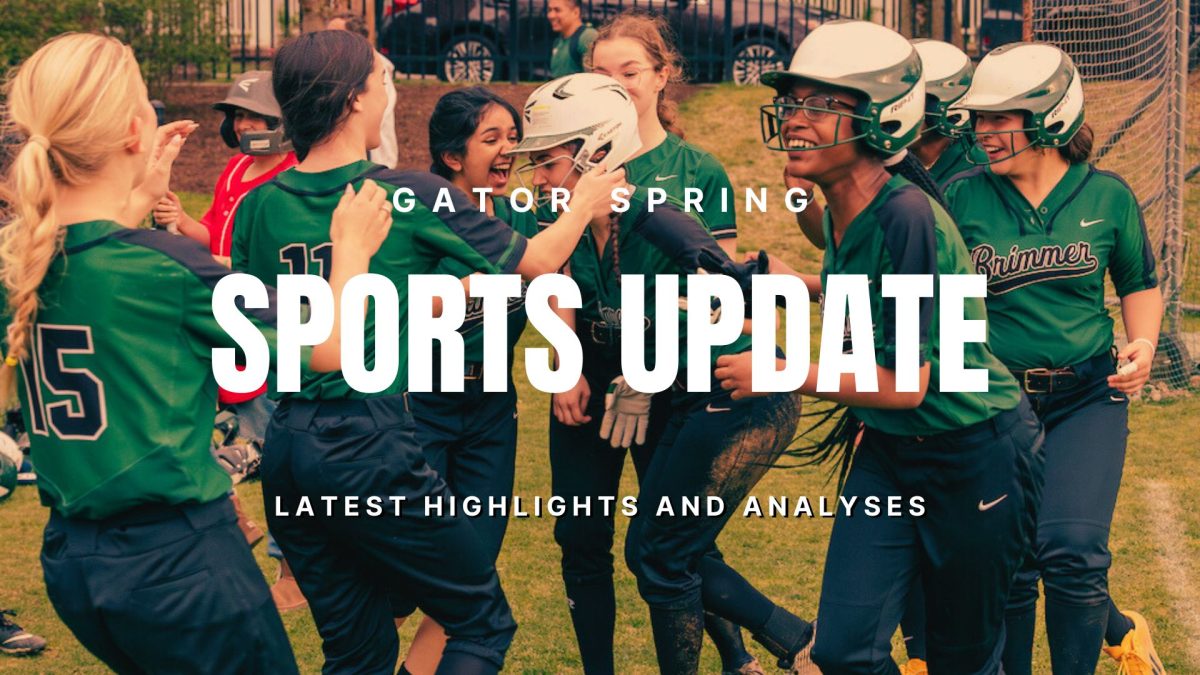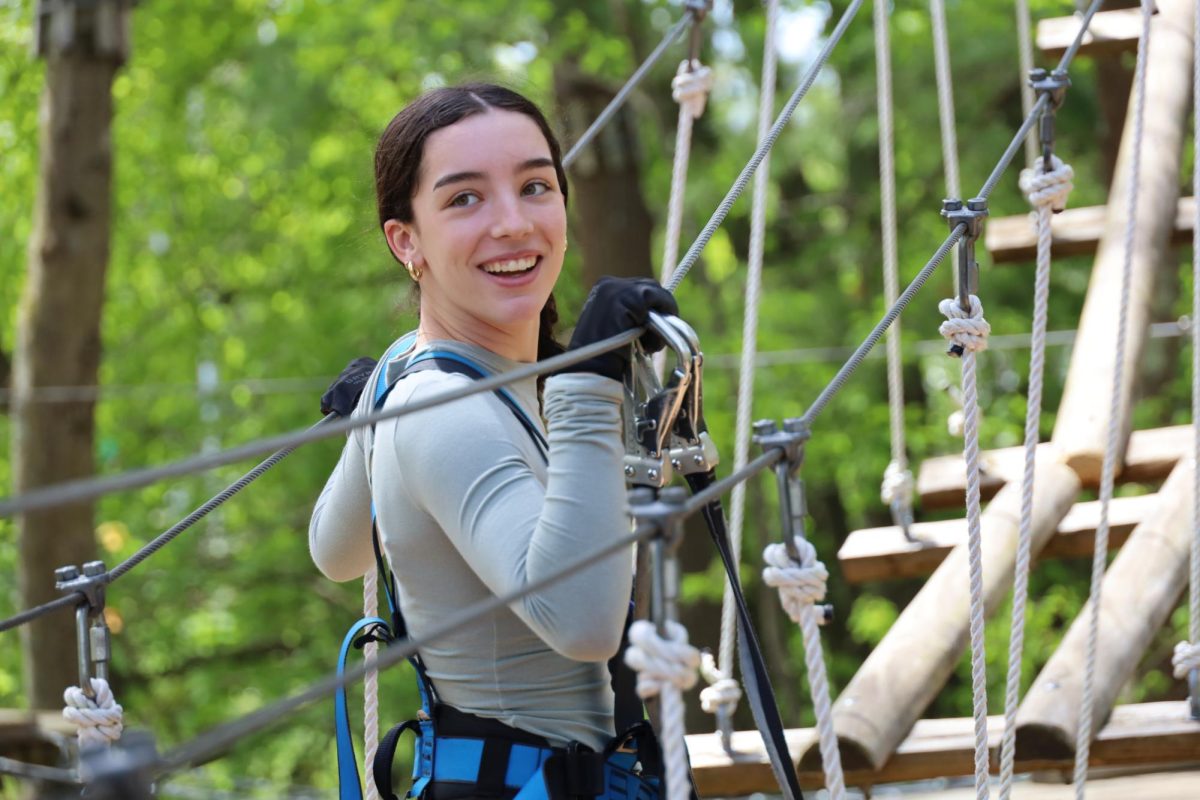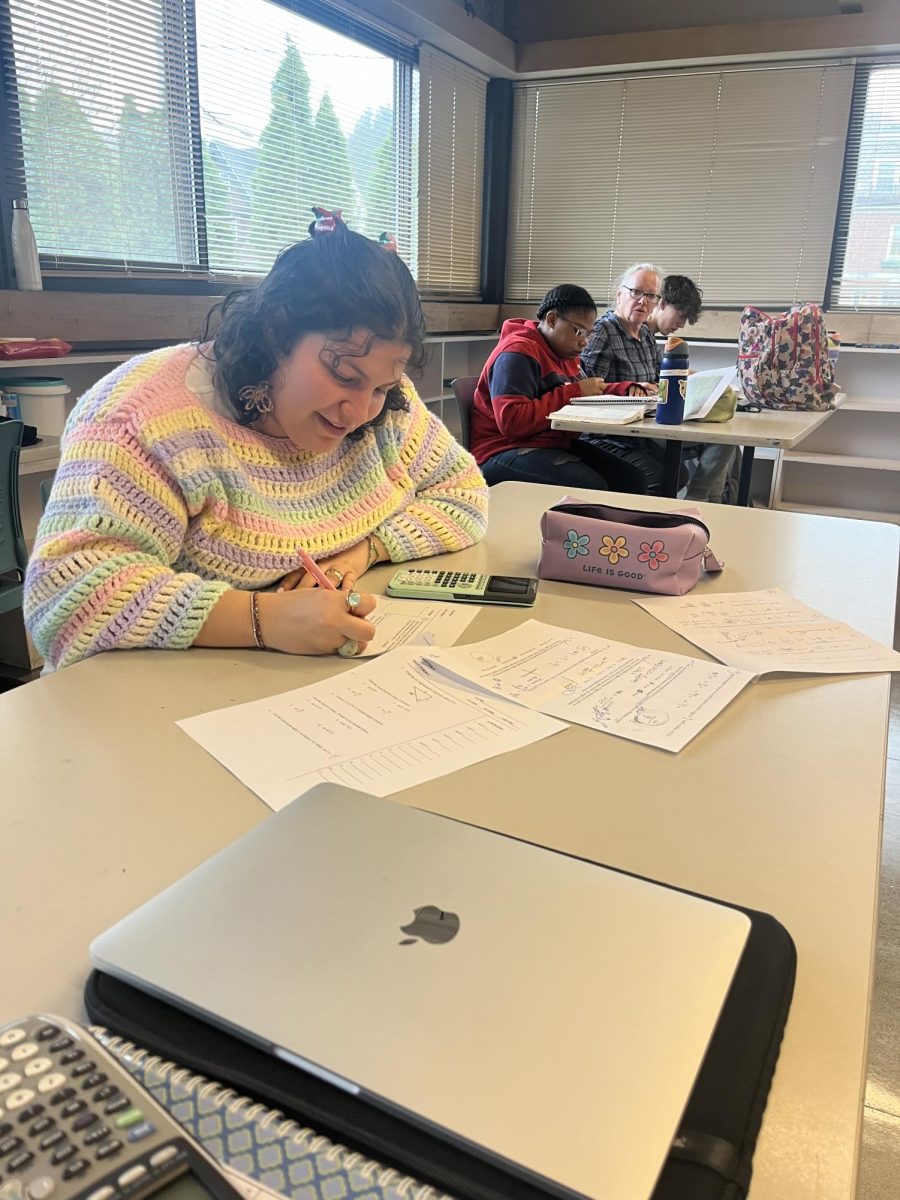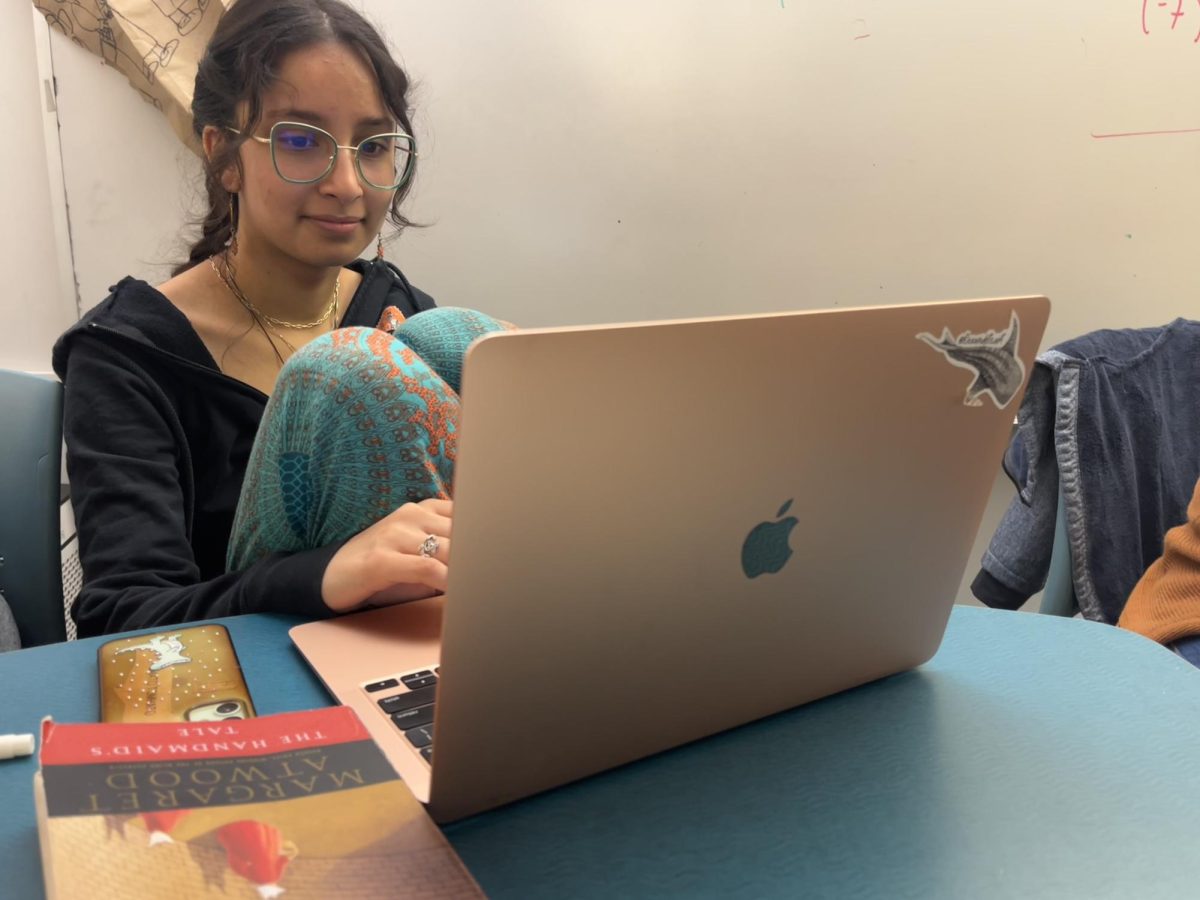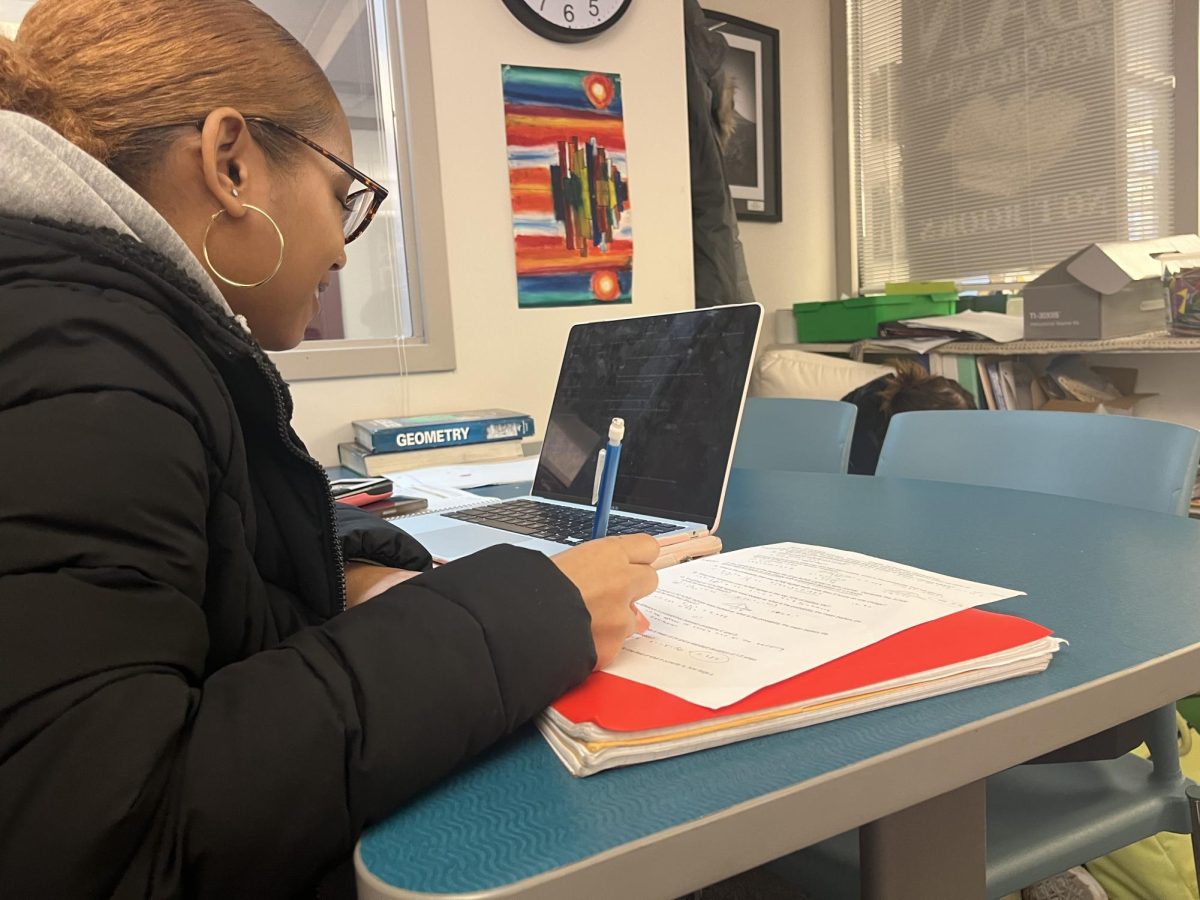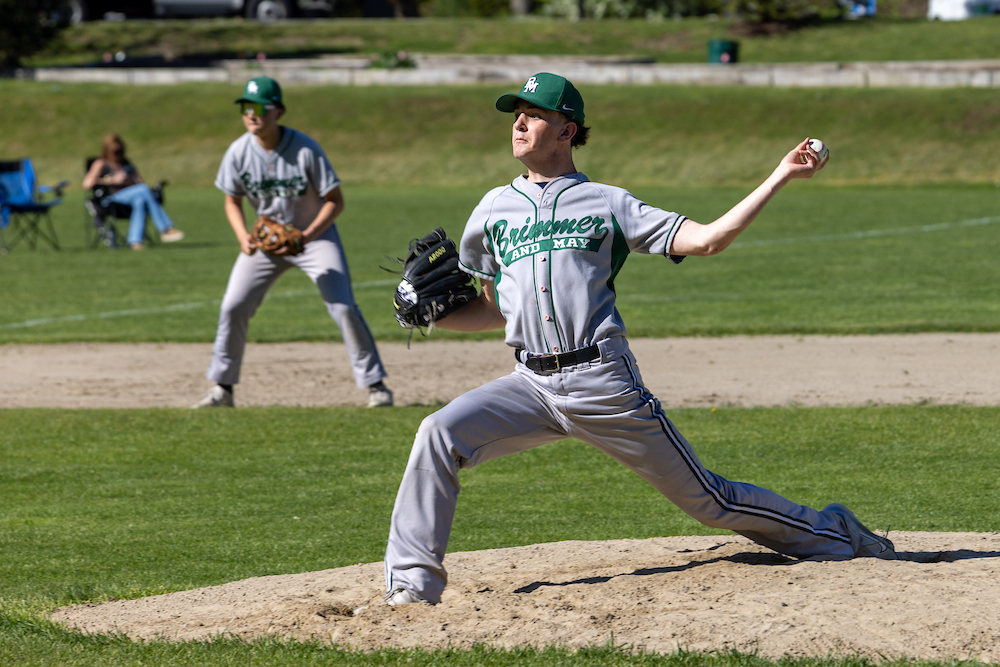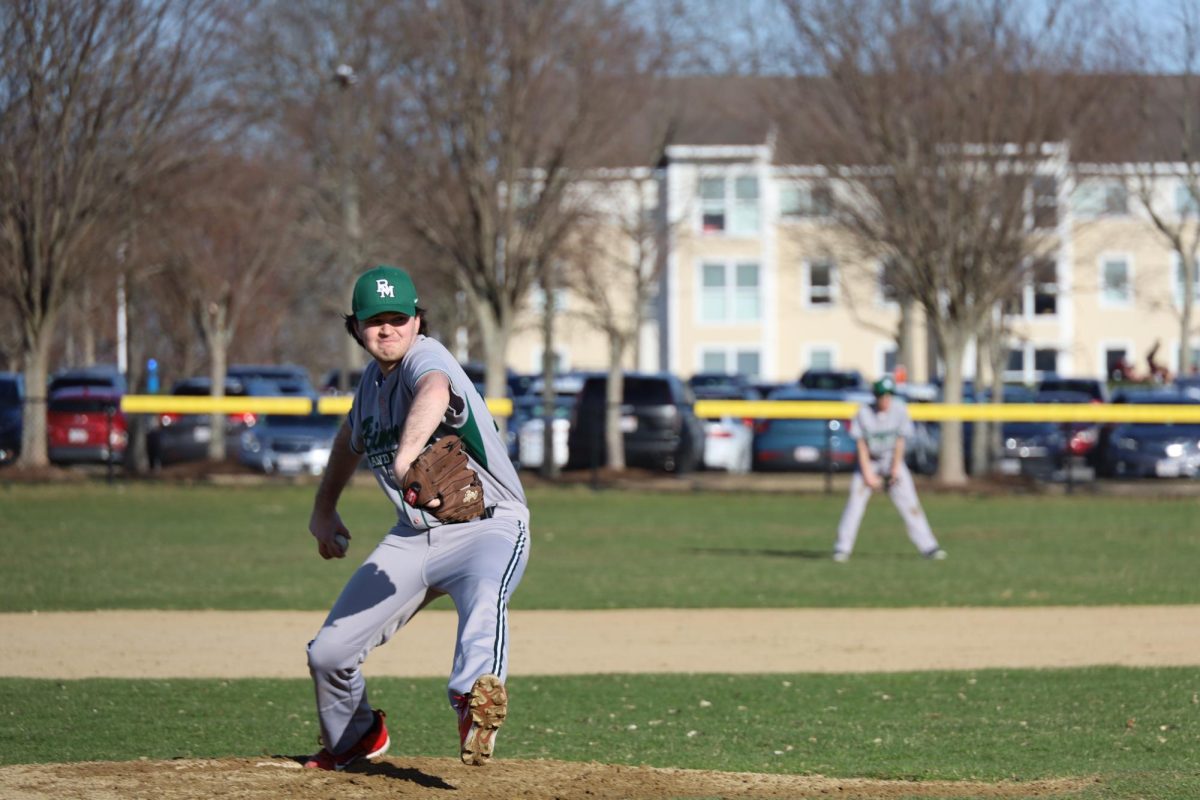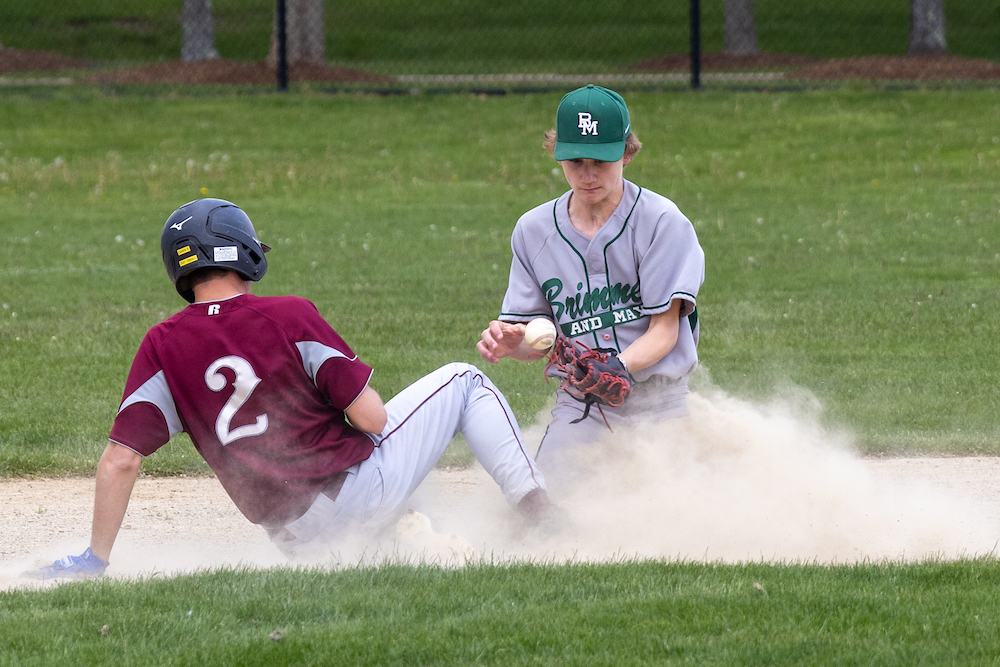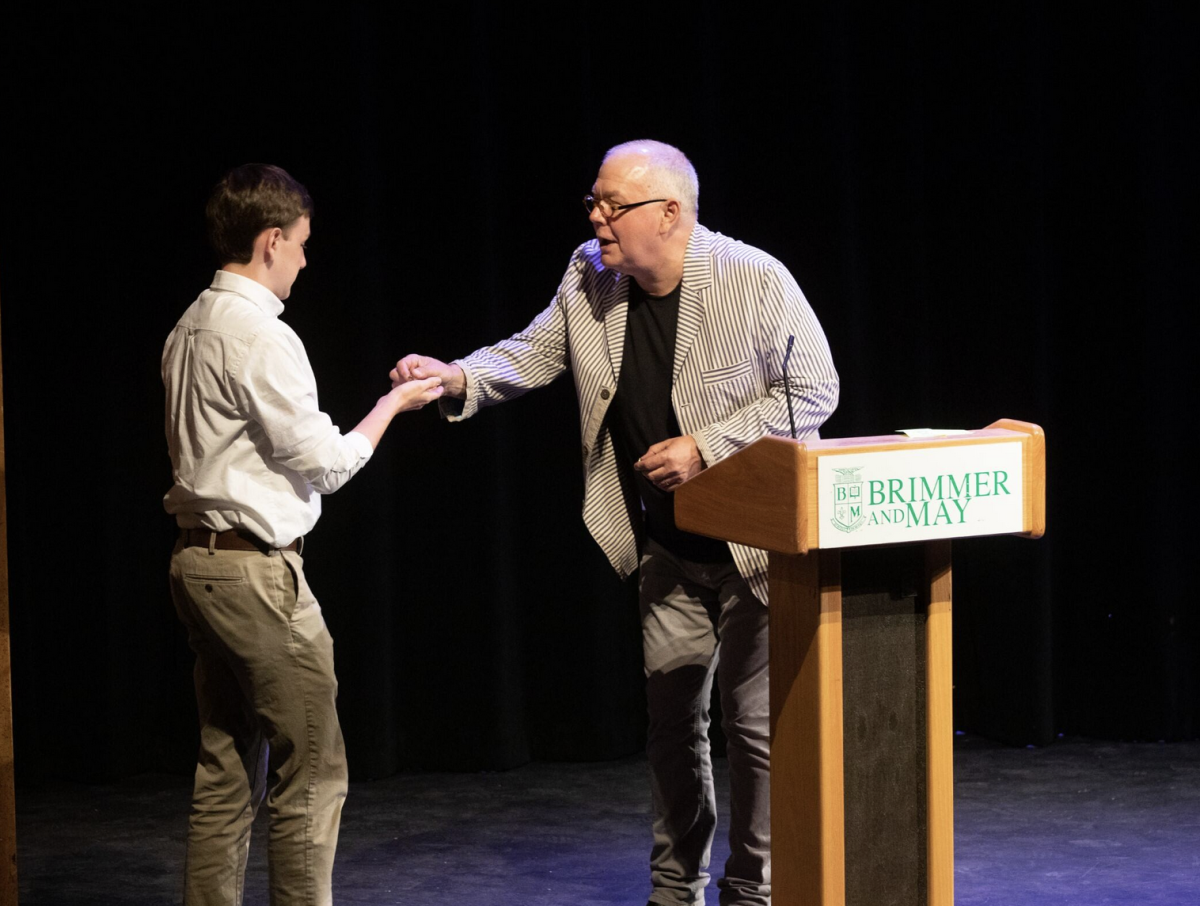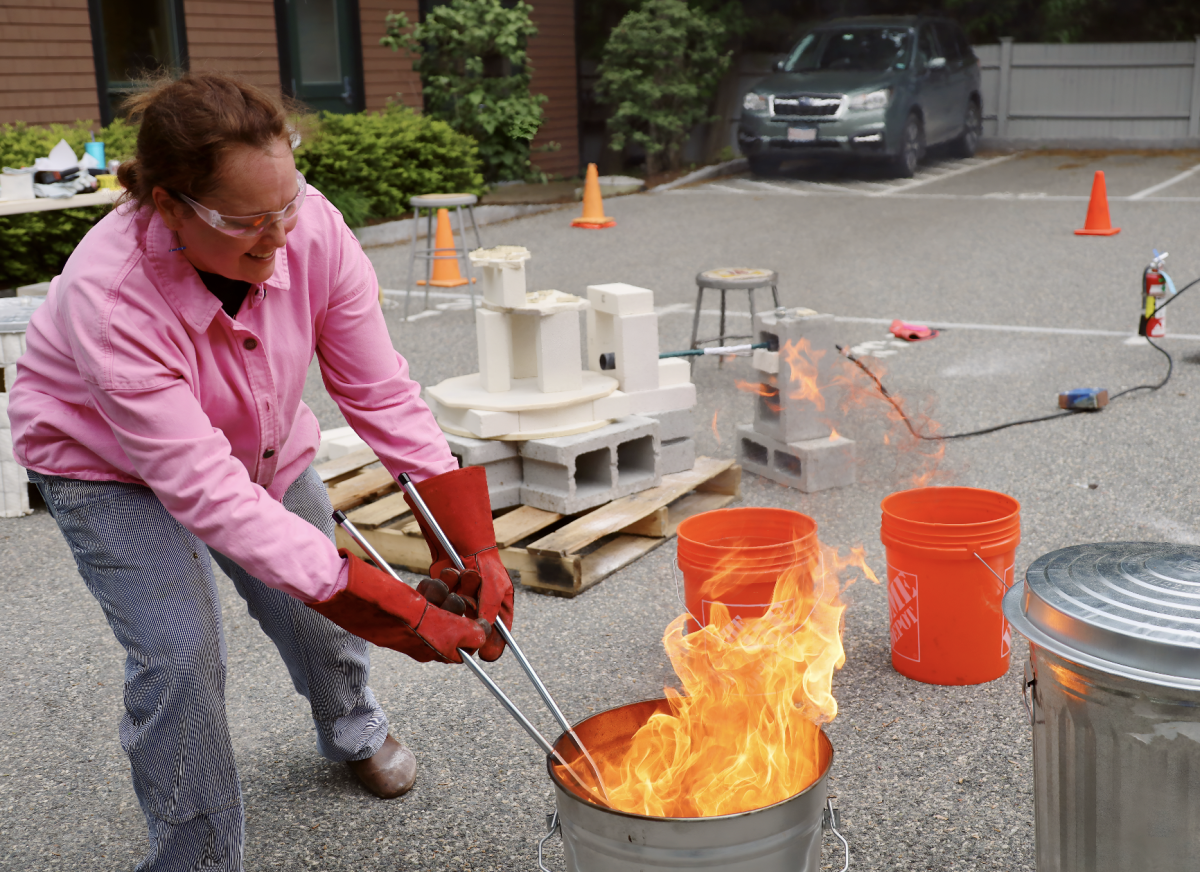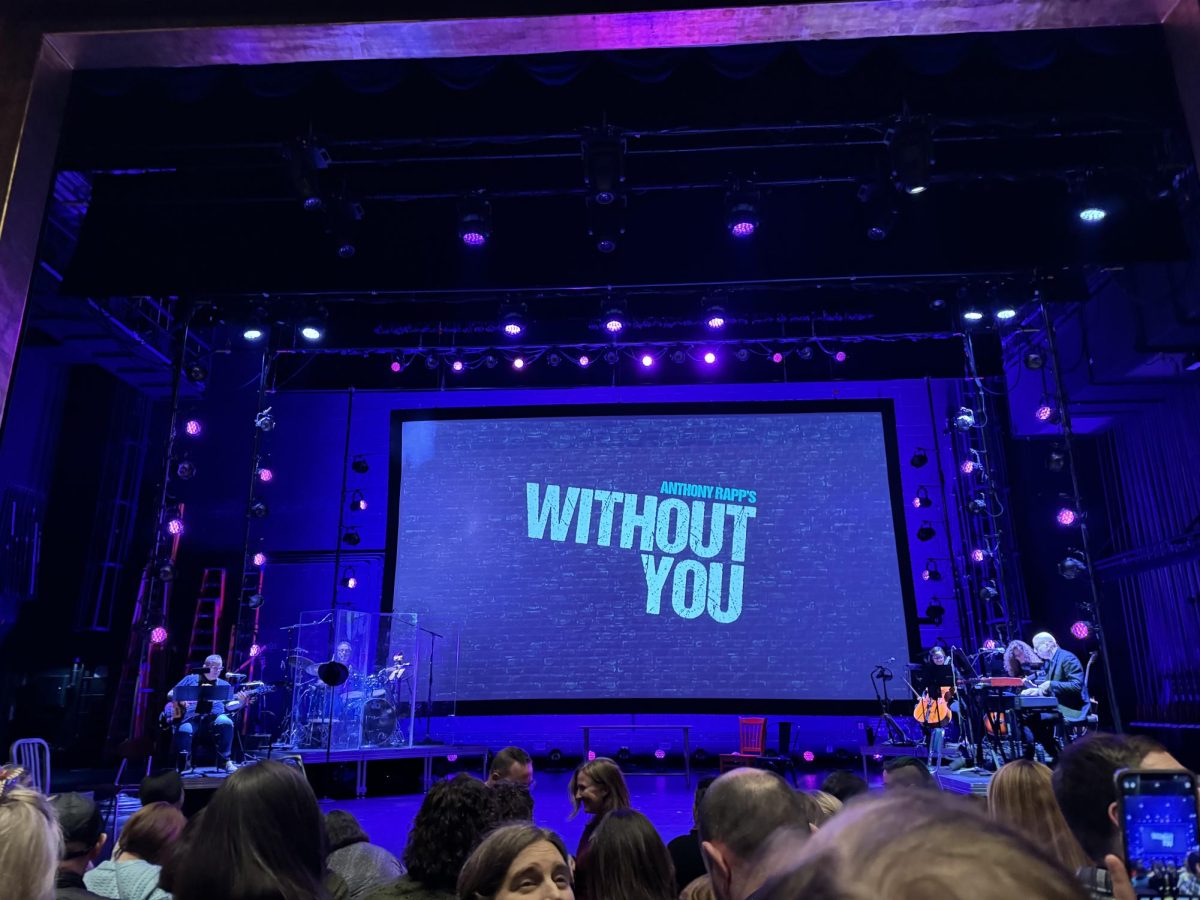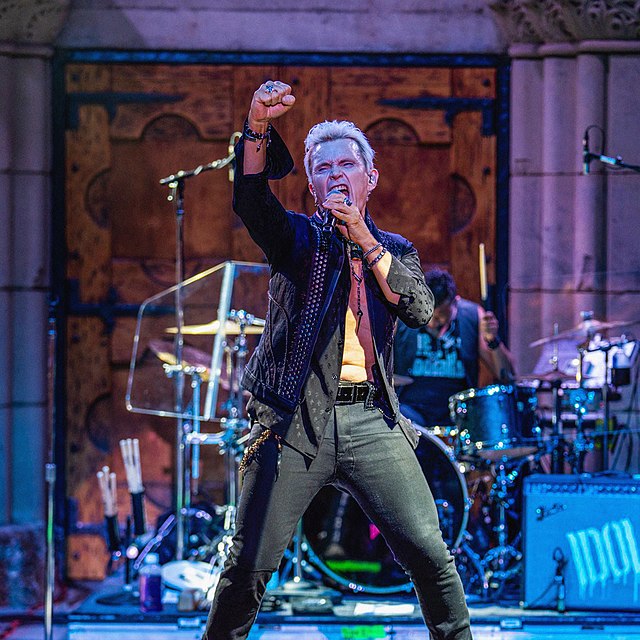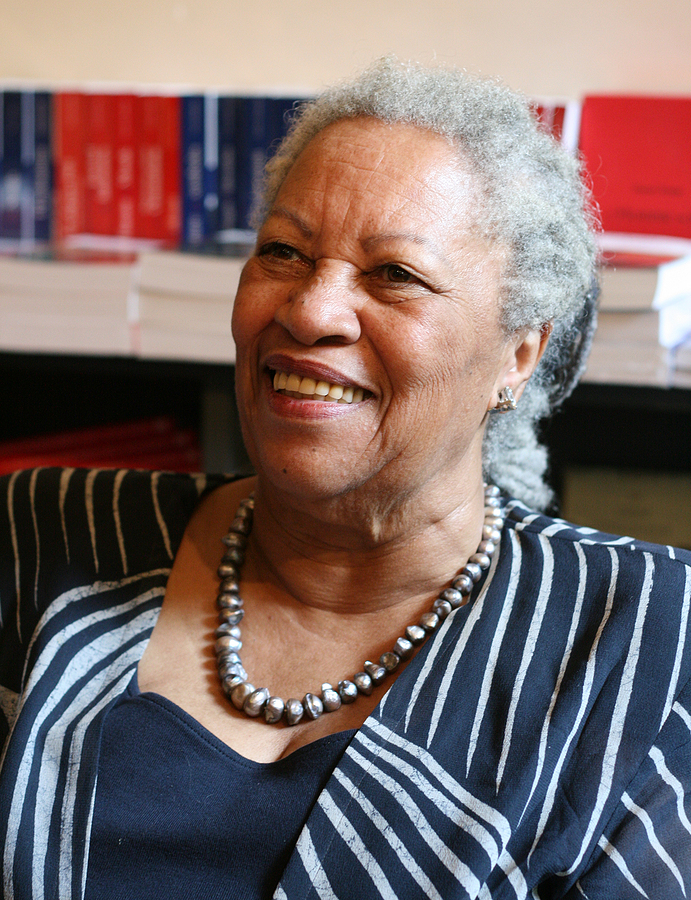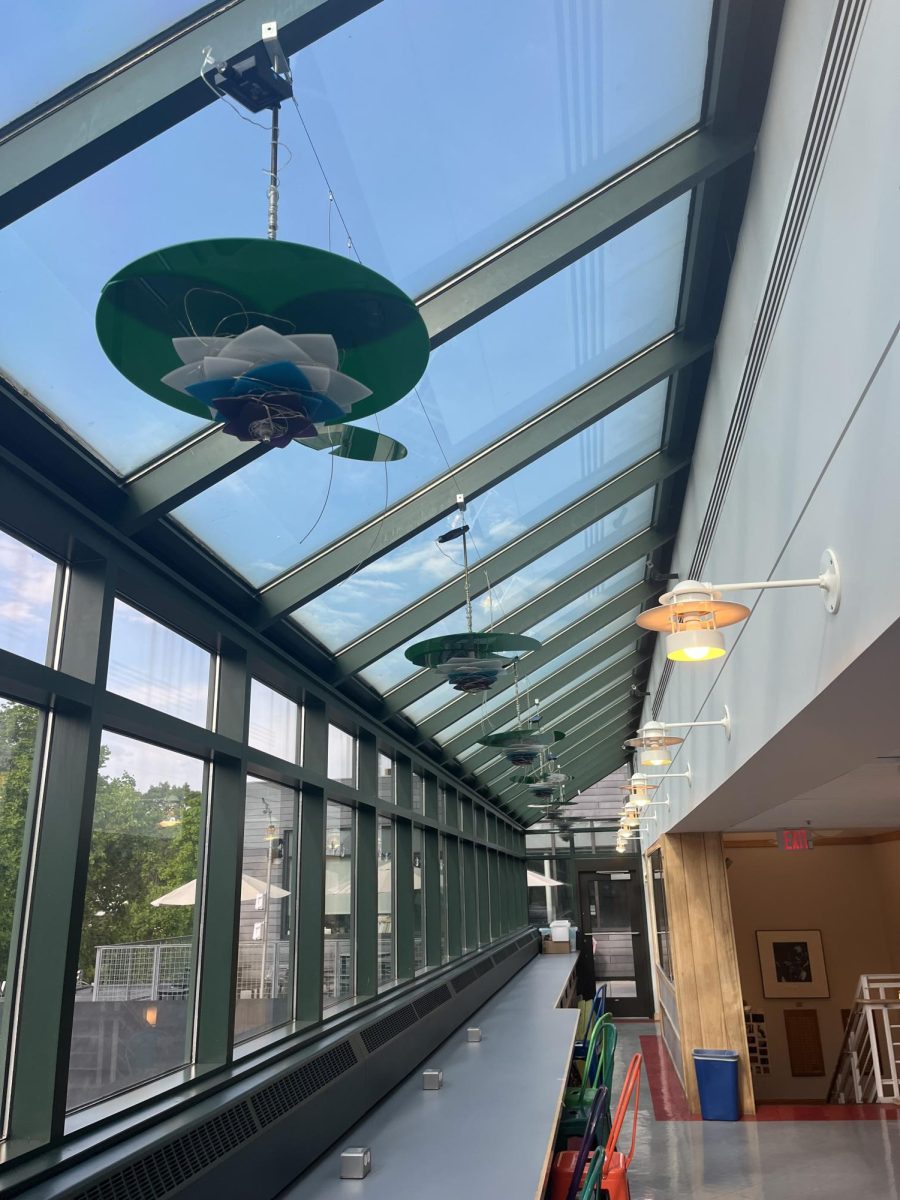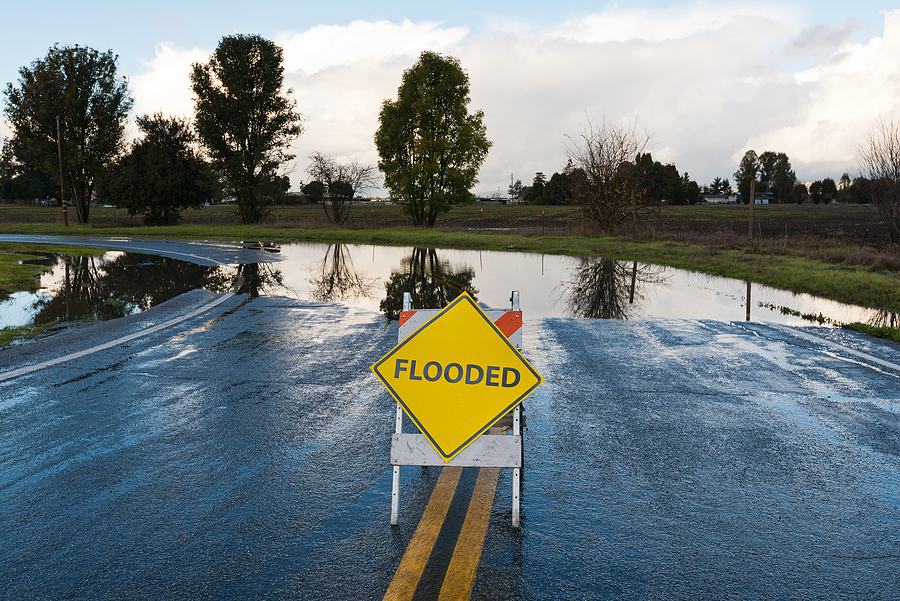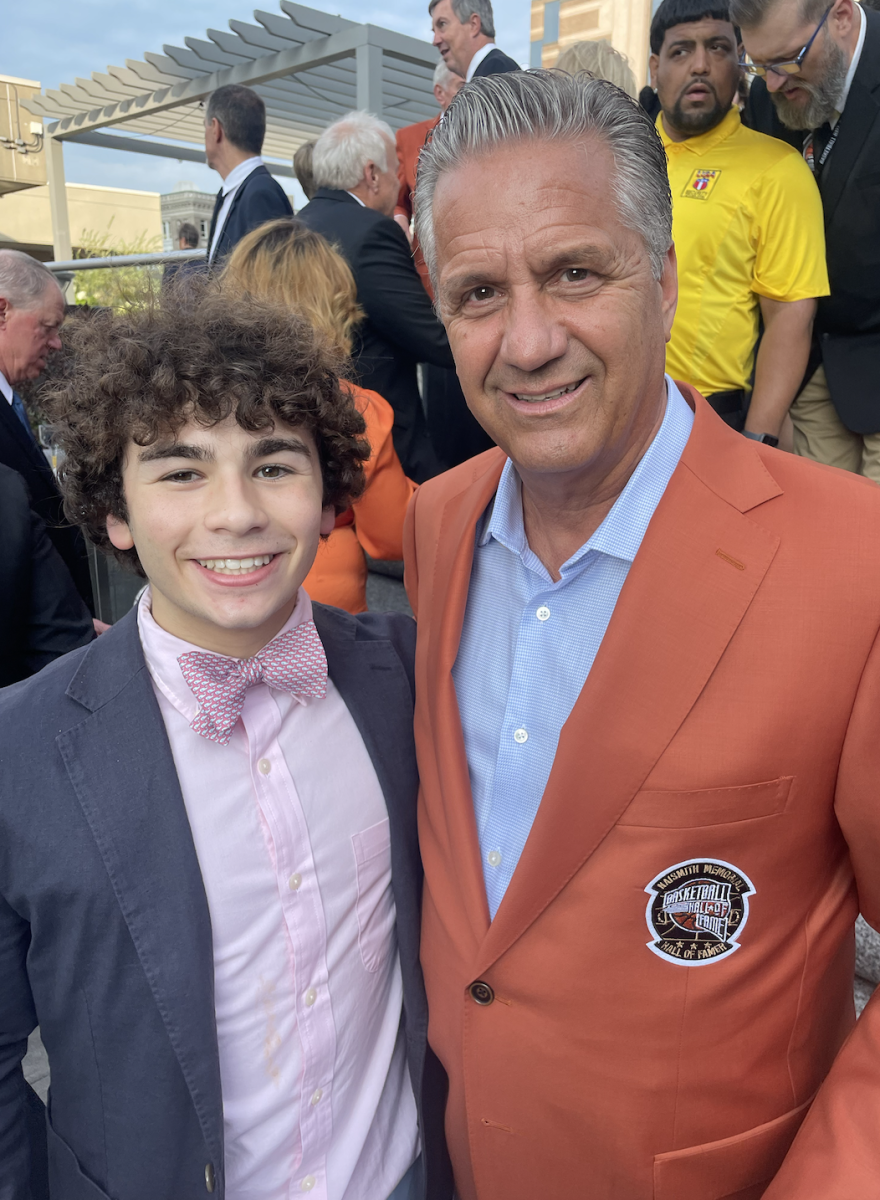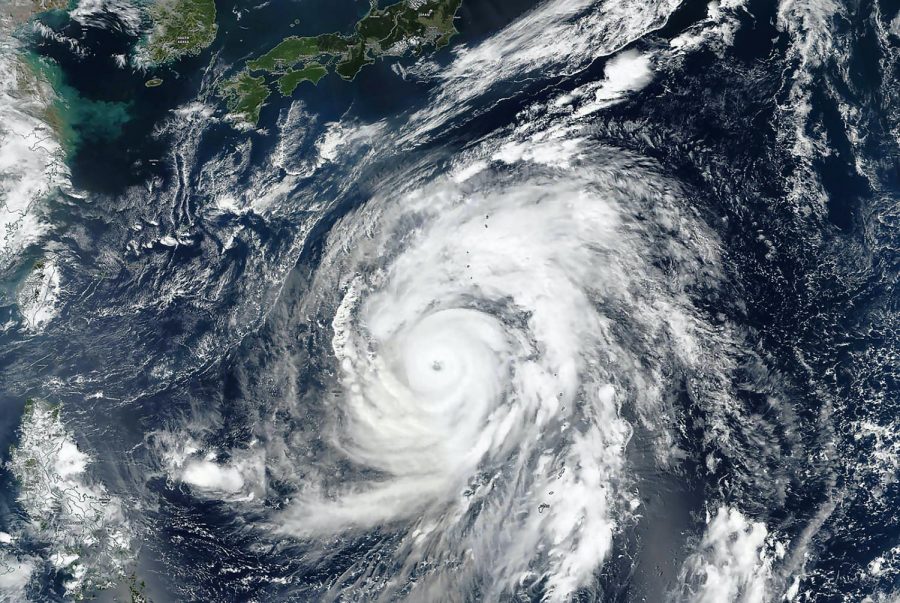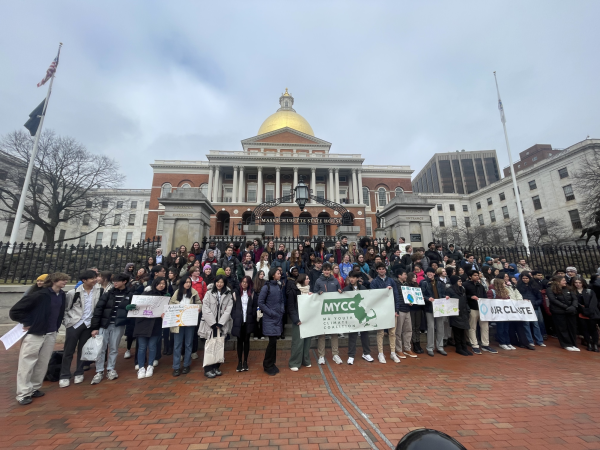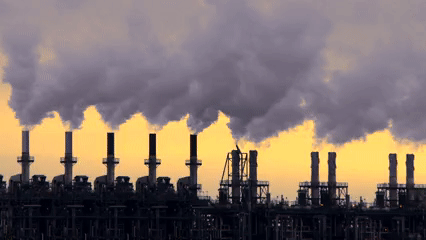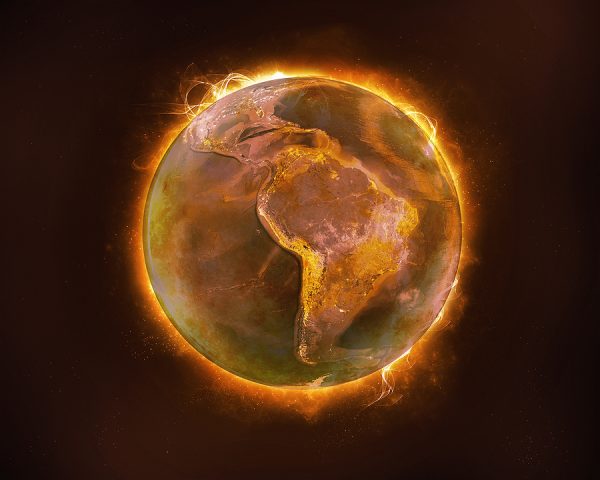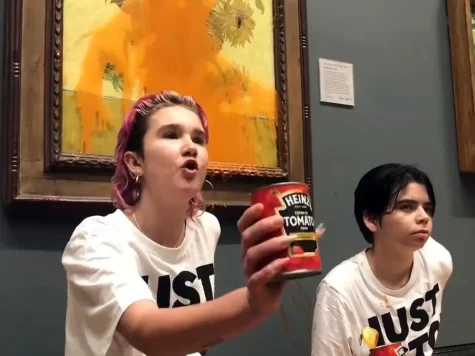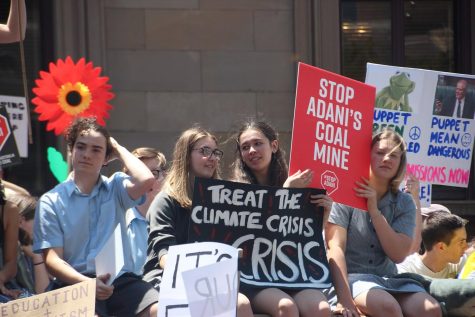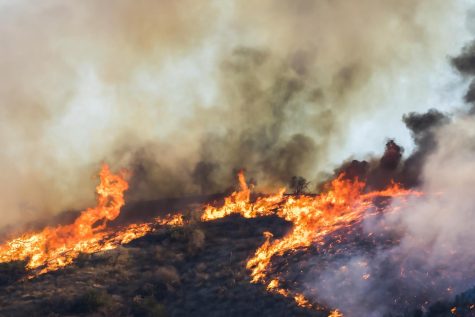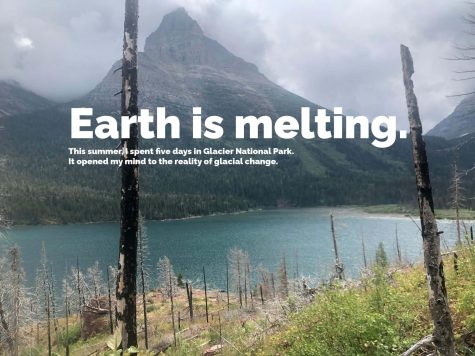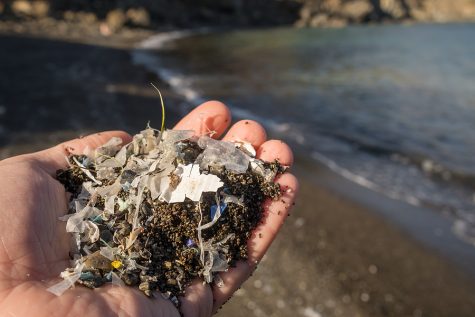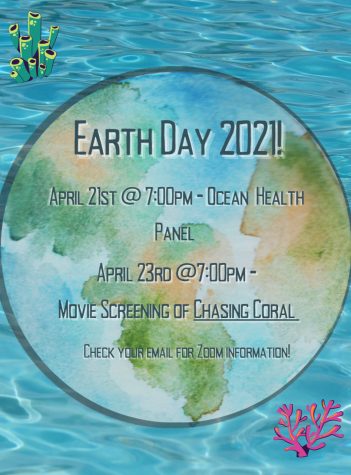Op-Ed: Stop Politicizing Natural Disasters
Hagibis super typhoon approaching the coast. The eye of the hurricane. Satellite view. Some elements of this image furnished by NASA. Photo purchased from BigStock.com.
September 29, 2020
As someone who has been interested in the weather for a long time, I’ve faced the fact that weather often spawns disasters. Hurricane Andrew, the Camp Fire, and many more weather phenomenons are a few I’ve found most intriguing.
Often in these situations, both sides of the political spectrum will unite to help the victims of the disaster. However, this is not always the case.
A recent example is Hurricane Maria, in which President Trump failed to properly bring aid to Puerto Rico, trying to minimize the true impact of the hurricane.
In October 2017, he noted the hurricane’s small death toll of 17. However, one thing I’ve learned is that the death toll doesn’t mean everything when assessing the impact of natural disasters. It would later be found that nearly 3,000 deaths were found to have a connection to Hurricane Maria.
While the populations of Texas and Florida are predominantly white, it should be noted that Puerto Rico’s population is largely Hispanic and Latino. Compared to the aftermath of Harvey and Irma in the continental U.S., Puerto Rico was ignored in its relief efforts.
Another recent example is what’s often called the “sharpie trick”, in which President Trump altered the cone of Hurricane Dorian, likely with a sharpie, to make it seem like it was heading for Republican state Alabama.
In yet another “sharpie trick” earlier this year, a scheduled Trump event was canceled due to the incoming Tropical Storm Fay. The Washington Post later published an article comparing it to the “sharpie trick” of the previous year, stating that Tropical Storm Fay was not expected to bring major effects.
However, it’s better to be safe than sorry in a case like Tropical Storm Fay. The potential for the storm to bring major effects was likely, and the Washington Post’s article was likely written with the intention of damaging President Trump’s reputation.
No one should be trying to appeal to a base using a hurricane, nor should unnecessary effort be put into shaming politicians for canceling an event for safety reasons.
It was wrong of President Trump to downplay Hurricane Maria’s aftermath and alter the cone of Hurricane Dorian, the Washington Post shouldn’t have posed an act to keep people safe as an attempt to appeal to Trump’s base.
This whole problem—politicizing disasters—has to stop, or else, eventually, every single relief effort will be halted or criticized, whether to get something in return, to hurt a character, or to appeal to a base.
Instead, we should be agreeing—providing aid, whether the government agrees or the populous donates. For the greater good, we should help the victims of a natural disaster instead of making it a political debate.
It’s appalling that this is an issue at all, but it should still be discouraged. The aftermath of disasters will only become worse if we allow it to continue happening.

